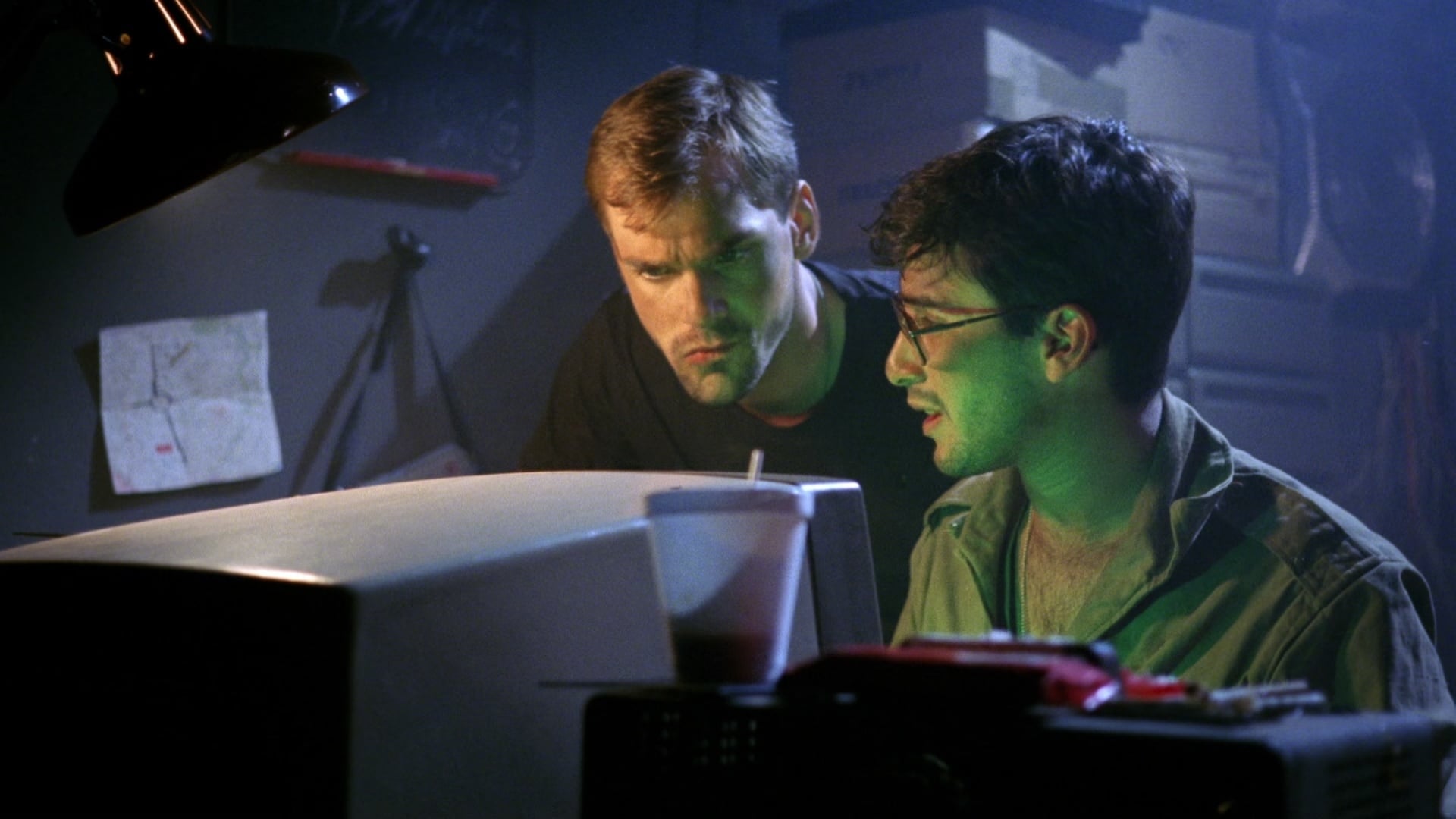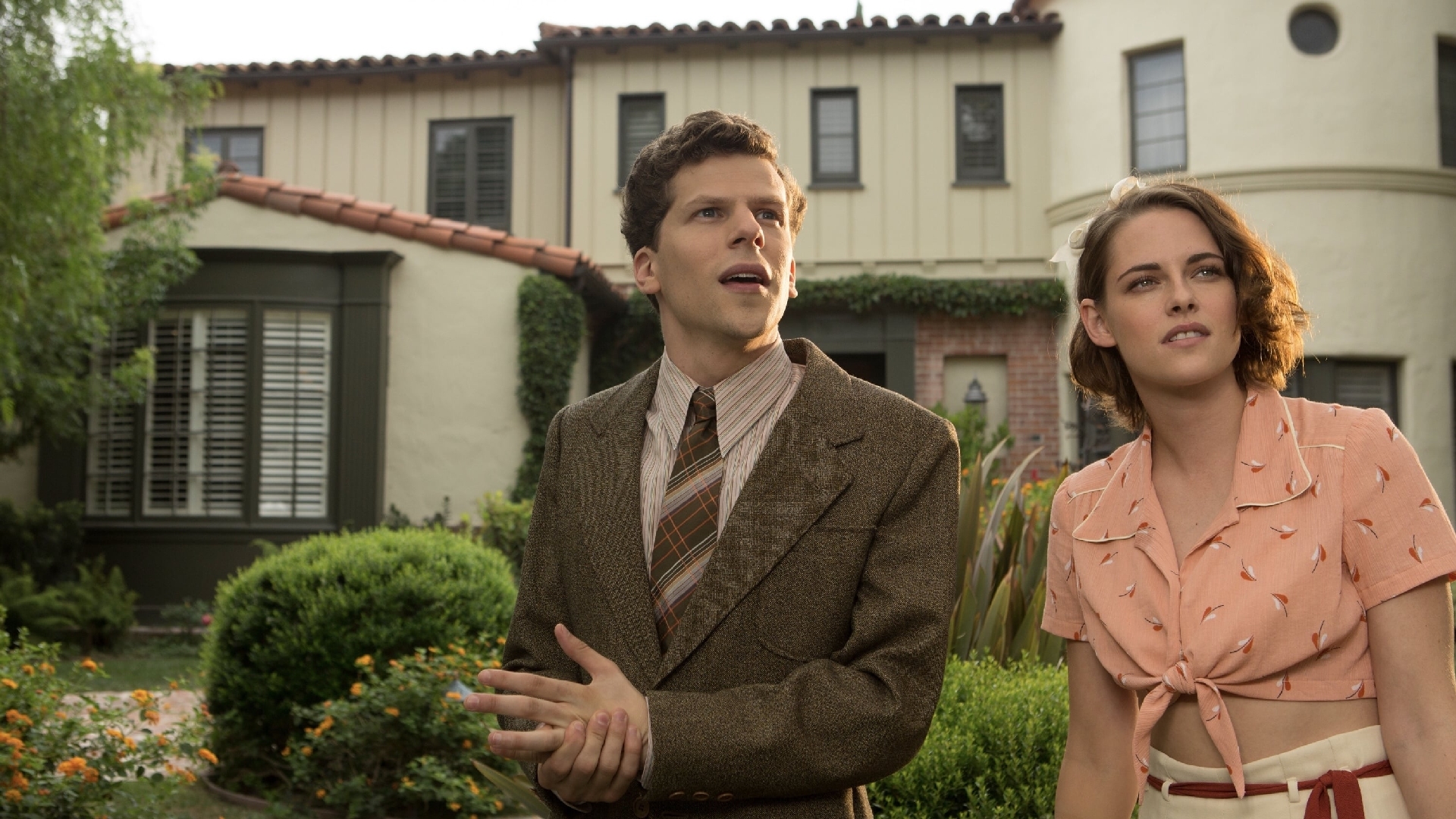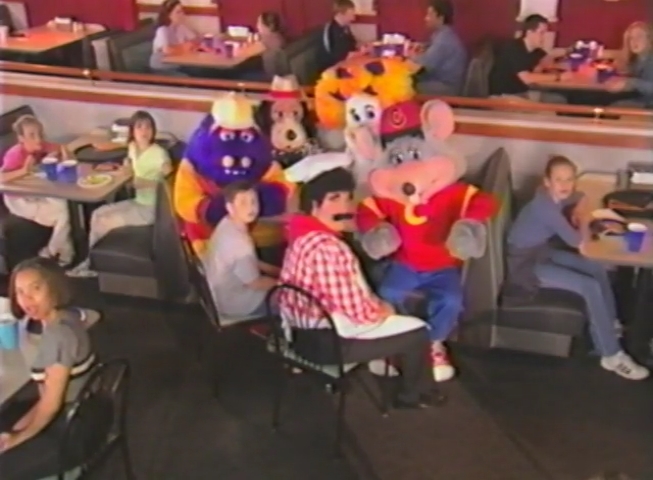Movies
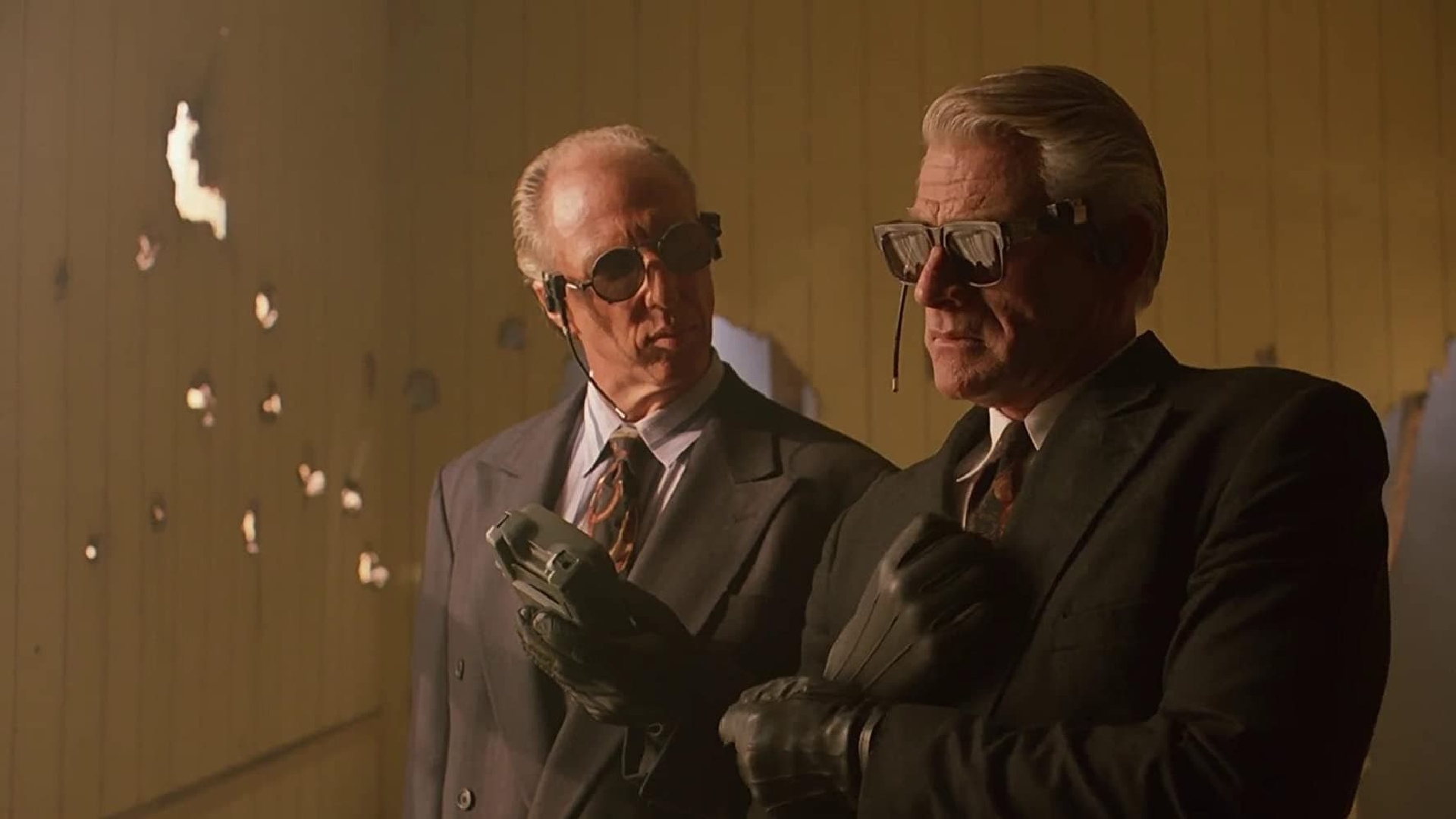
Standard SF action flick about a cyborg cop embroiled in a network of subterfuge that I honestly don’t remember much about.
The the setup of the premise at the beginning and the atmosphere built during the quiet parts are the best parts of the movie, which later becomes a pretty by-the-numbers action tape, as it was customary in the 90s. Still, a decent watch.
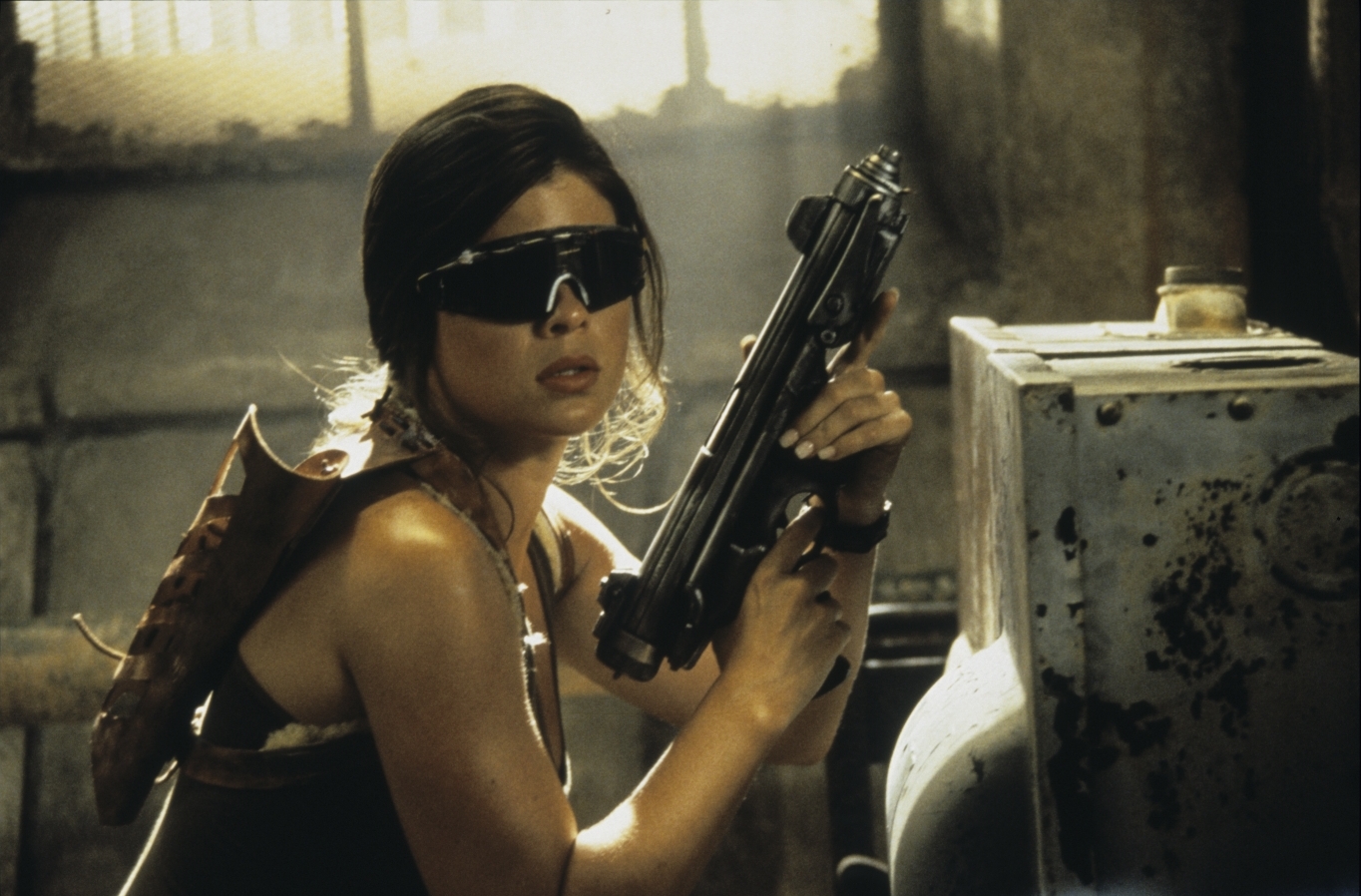
Also sporting the alternate title Game Over, this is a weird direct-to-TV techno thriller that was put together salvaging FMV sequences from various games released by Digital Pictures like Supreme Warrior, Prize Fighter and even the infamous Corpse Killer.
It’s all tied together with a rather bland framing device where the protag needs to enter a virtual world and defeat a series of challenges. A curiosity, but nothing more.
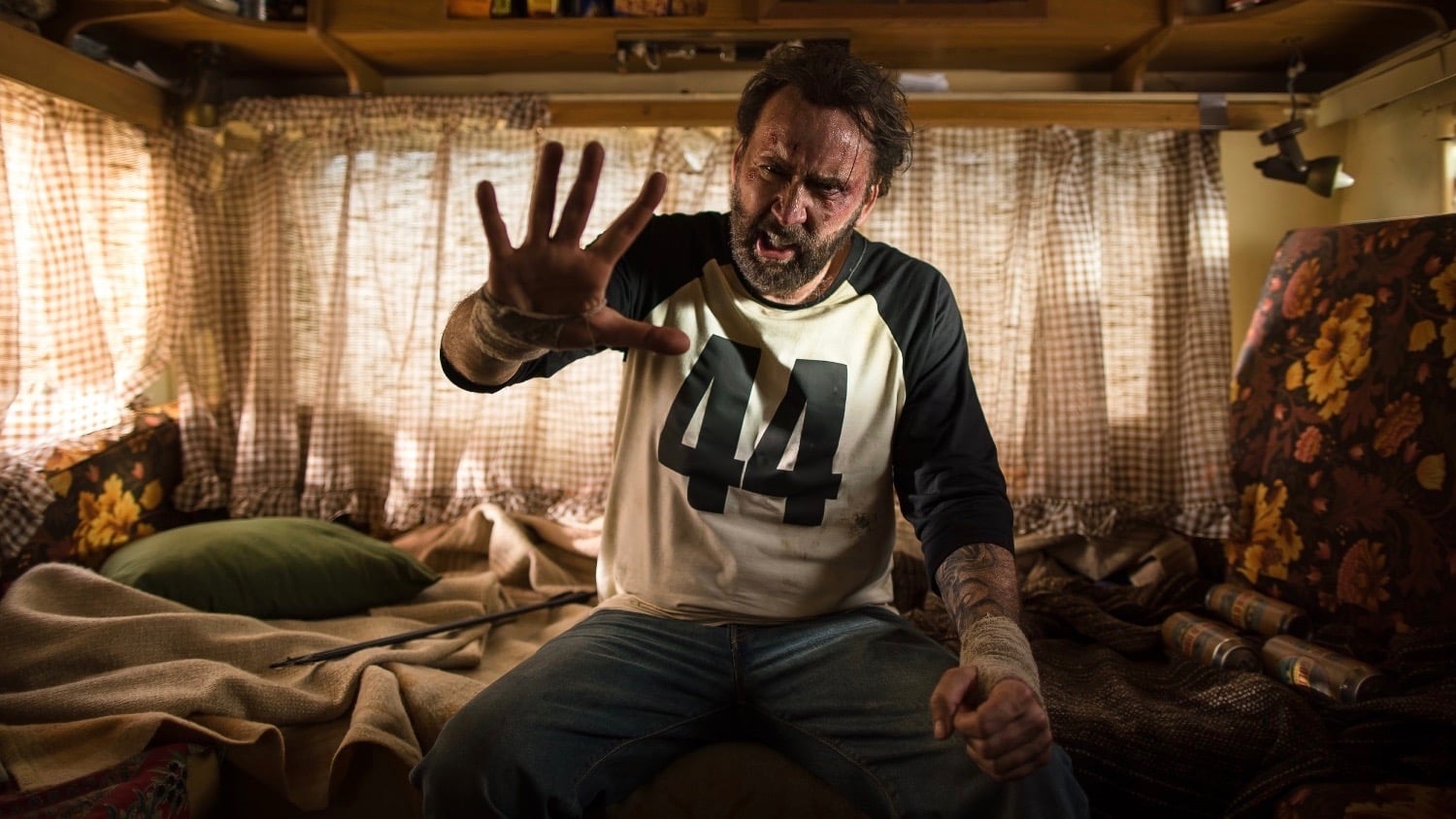
Another wild Panos Cosmatos midnight movie. This time with a higher production profile than his previous film, Beyond the Black Rainbow, plus Nicolas Cage on top billing.
It’s a lysergic journey of violence and calm (not necessarily in that order) that sometimes can be too much, but it’s ultimately satisfying and amazing both in pacing and visuals.
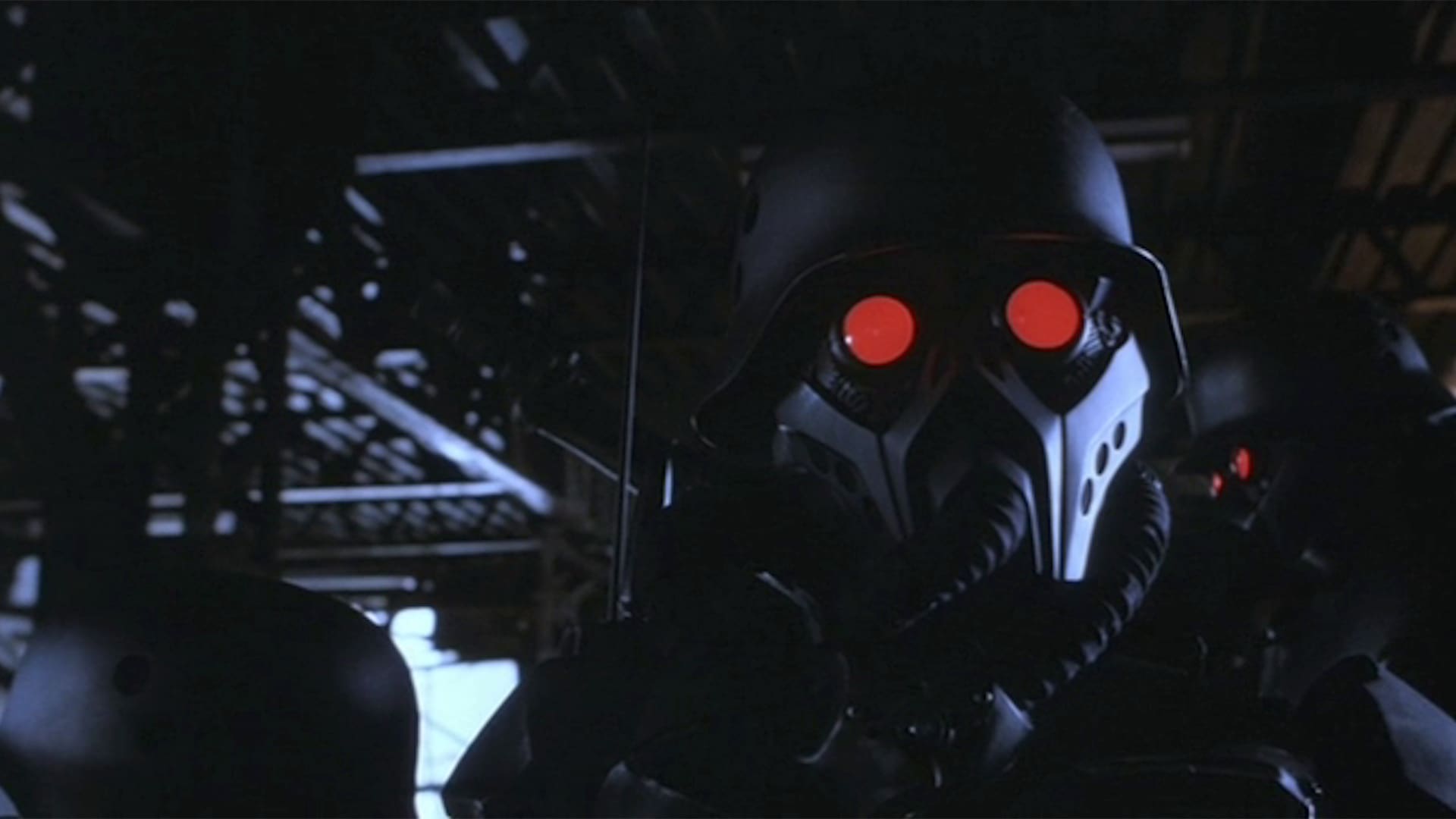
An utterly bizarre SF comedy concept piece (?) set in the Kerberos/Wolf Brigade universe and delivered by the “master of the blue balls” Mamoru Oshii.
This is certainly a strange one and I honestly would need a rewatch to even consider analyzing what it is about. But I’m fairly sure it’s about something…
As with other Wolf Brigade movies, don’t expect a lot of bad-ass-looking trooper action.
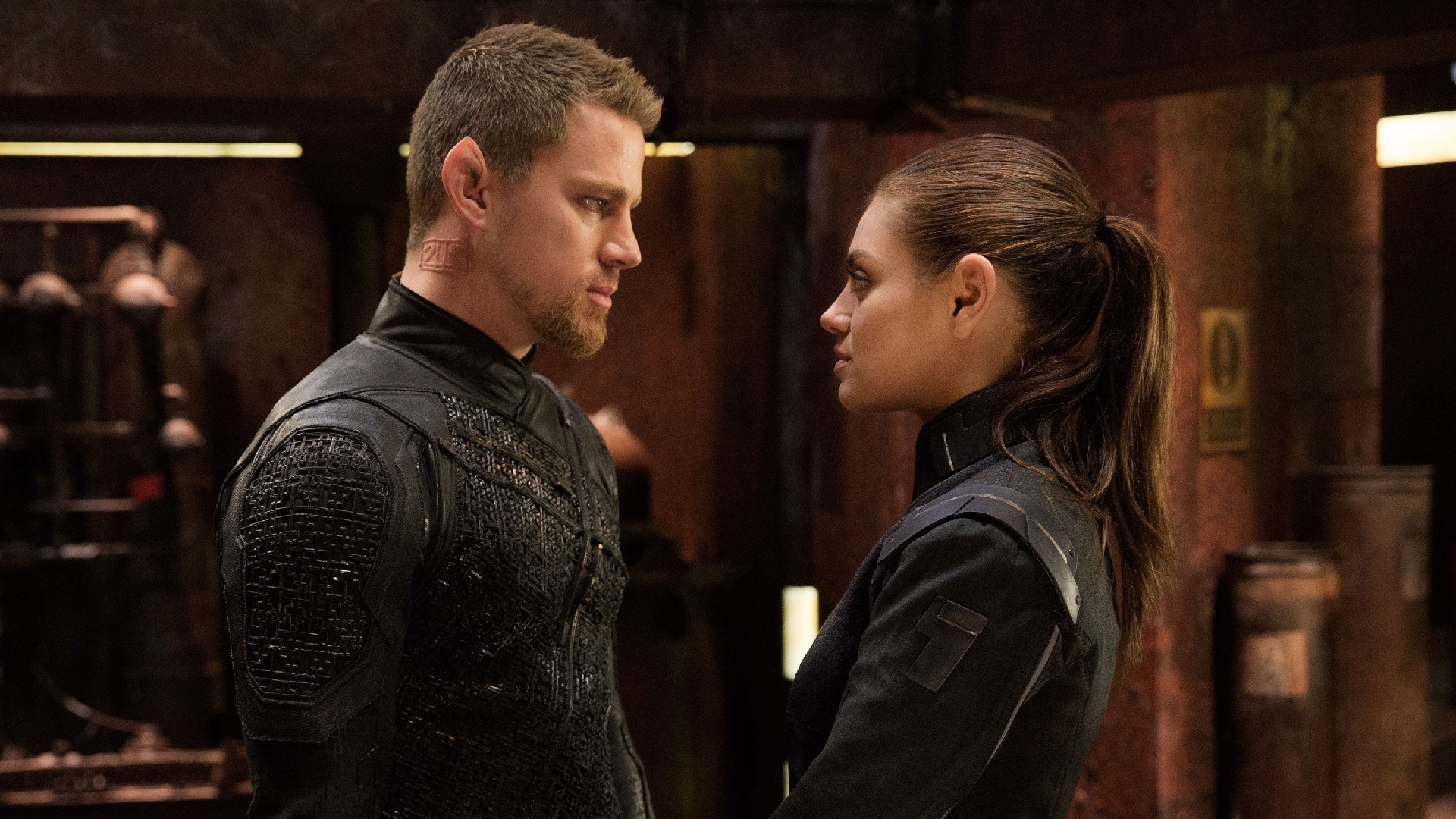
Back after watching, I called this movie “About as good as The Hunger Games”. That wasn’t meant to be taken as praise. It’s about as absurd as that movie, although a bit more creative visually.
This gonzo fantasy story is pretty trite and predictable. And the bland cast doesn’t help a bit (Mila Kunis, really?). And, like Hunger Games, the basic premises of its world don’t sustain themselves with internal coherence.
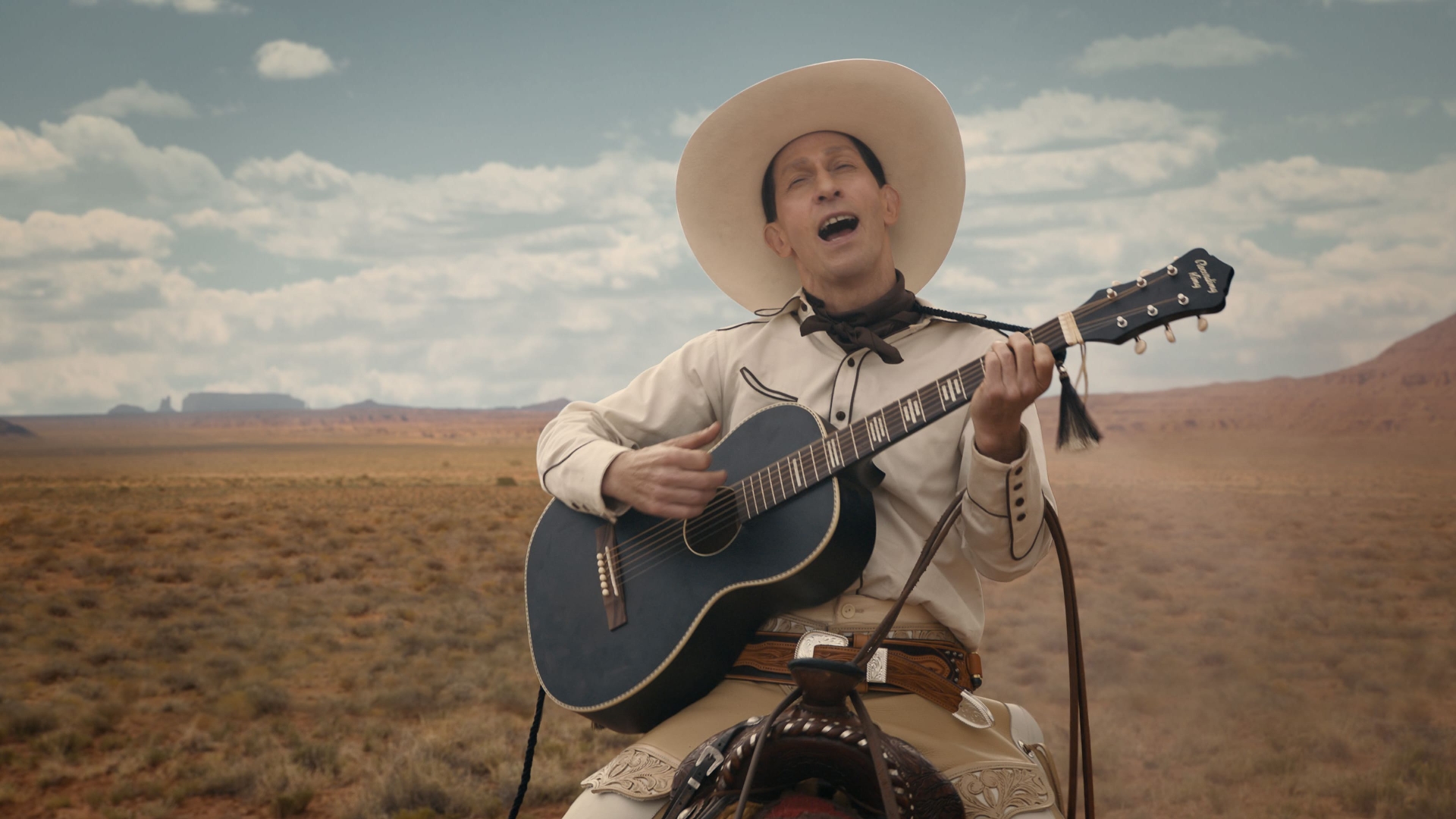
Great Coen brothers western arranged as a collection of vignettes about the American Frontier.
Comedic, poignant, philosophical, and deep. The cast is pretty great and the dialogue is amazing, particularly on the last chapter, my personal favorite.
The only objection I’d put it is that the quality level of the vignettes is a bit uneven. The good ones are very good, but there are a few so-so ones too
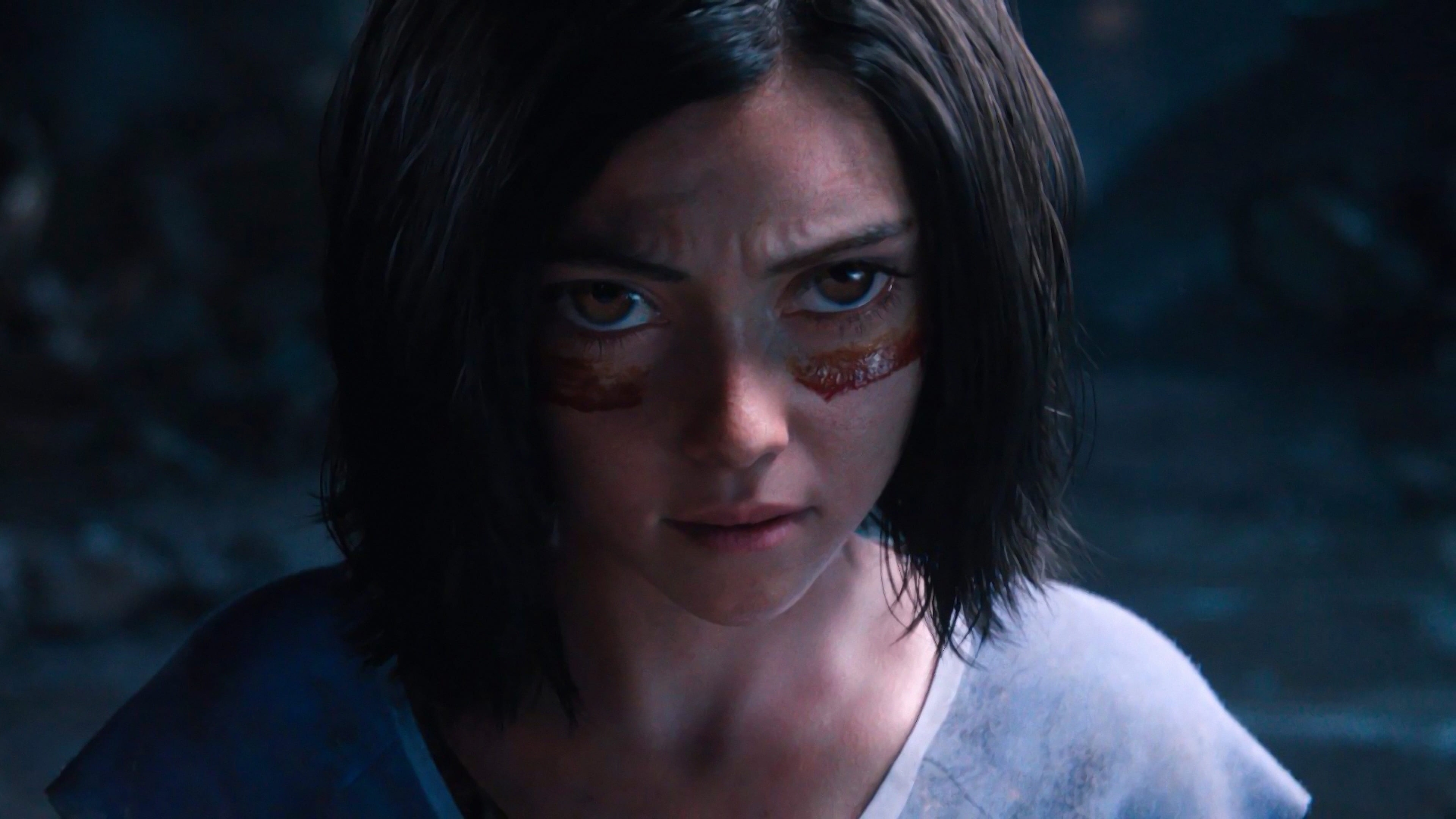
The Animated OVA was better.
I haven’t read the manga. I hear it’s pretty good. The anime adaptation is also pretty alright.
This movie perhaps moves too fast, takes too many liberties with the source material and sometimes still amps up the tongue-in-cheek factor in that obnoxious way comic super hero movies like to do when, for example, they mock their own costumes (or the comic versions thereof).
If it had better art direction and the space to expand over several movies to properly develop its story arcs, it could have been pretty good, though. As it stands. It’s a shame this is how James Cameron’s long-gestating vision ended up.
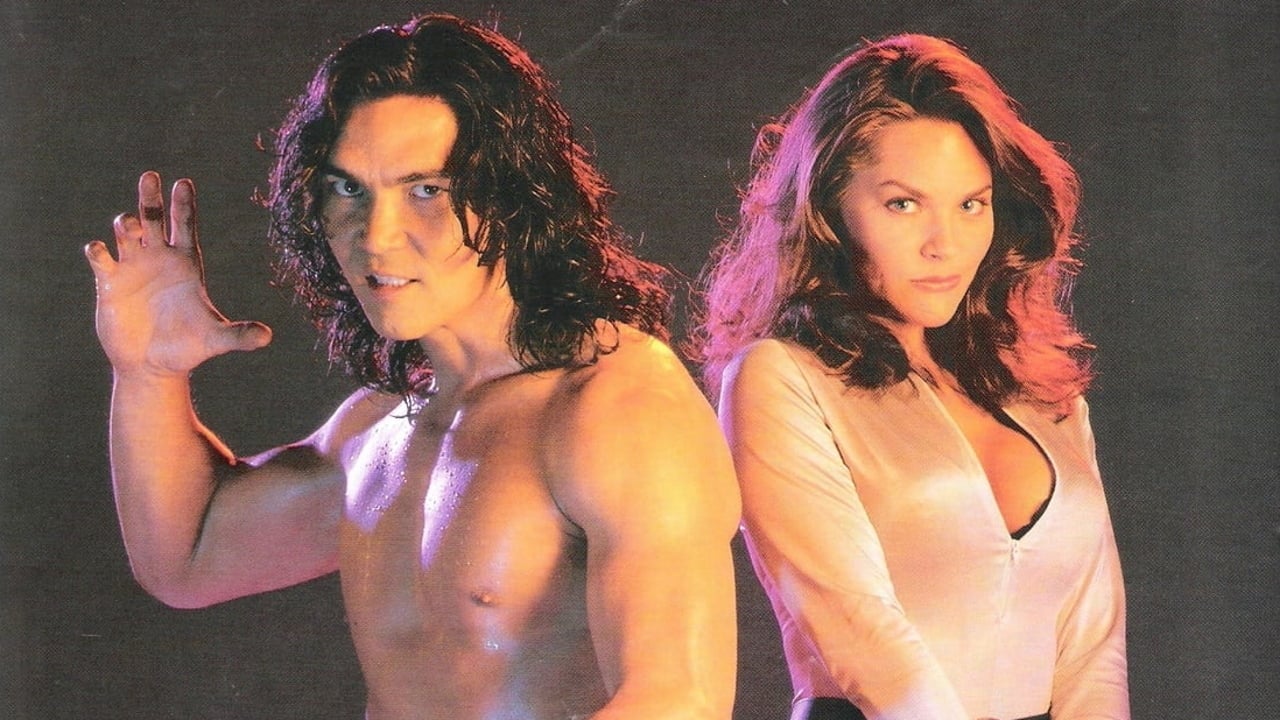
Dumb B-Movie with Don “The Dragon” Wilson who I initially thought was one of the Brucesploitation actors, but I guess ‘95 is too late for that.
Anyway. It’s a corny video-club SF movie about characters from virtual reality games becoming flesh and blood people in the real world, and causing all sorts of trouble. Entertaining and competent for what it is. Nothing especially remarkable.
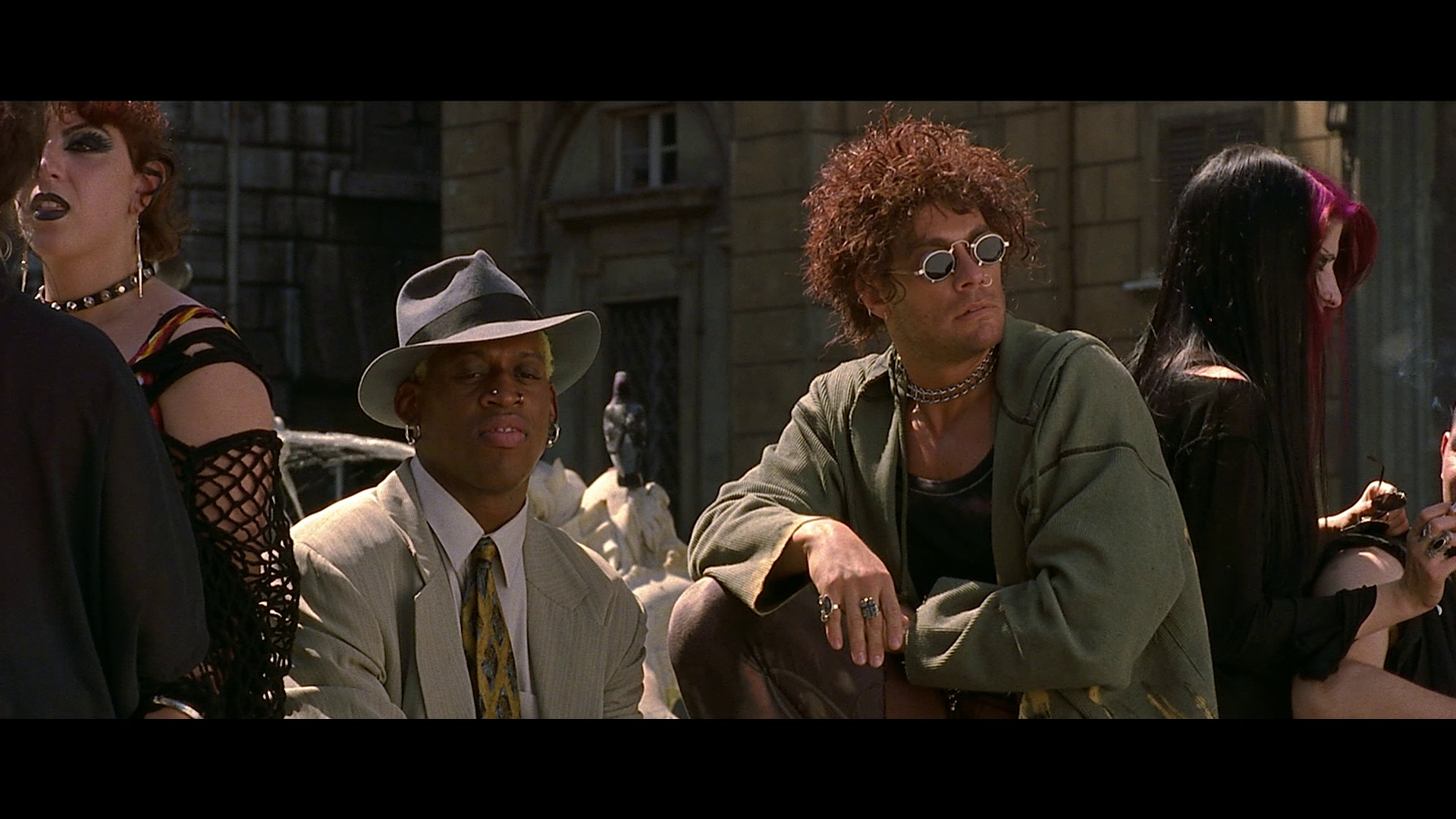
Pretty wild action movie with Van Damme and Dennis Rodman, who kills it with his presence alone.
I didn’t know this was a Tsui Hark film when I watched it, but it makes sense in retrospect since it’s fairly competent and has a decent cast and good production values. The sets and locations in particular are remarkable.
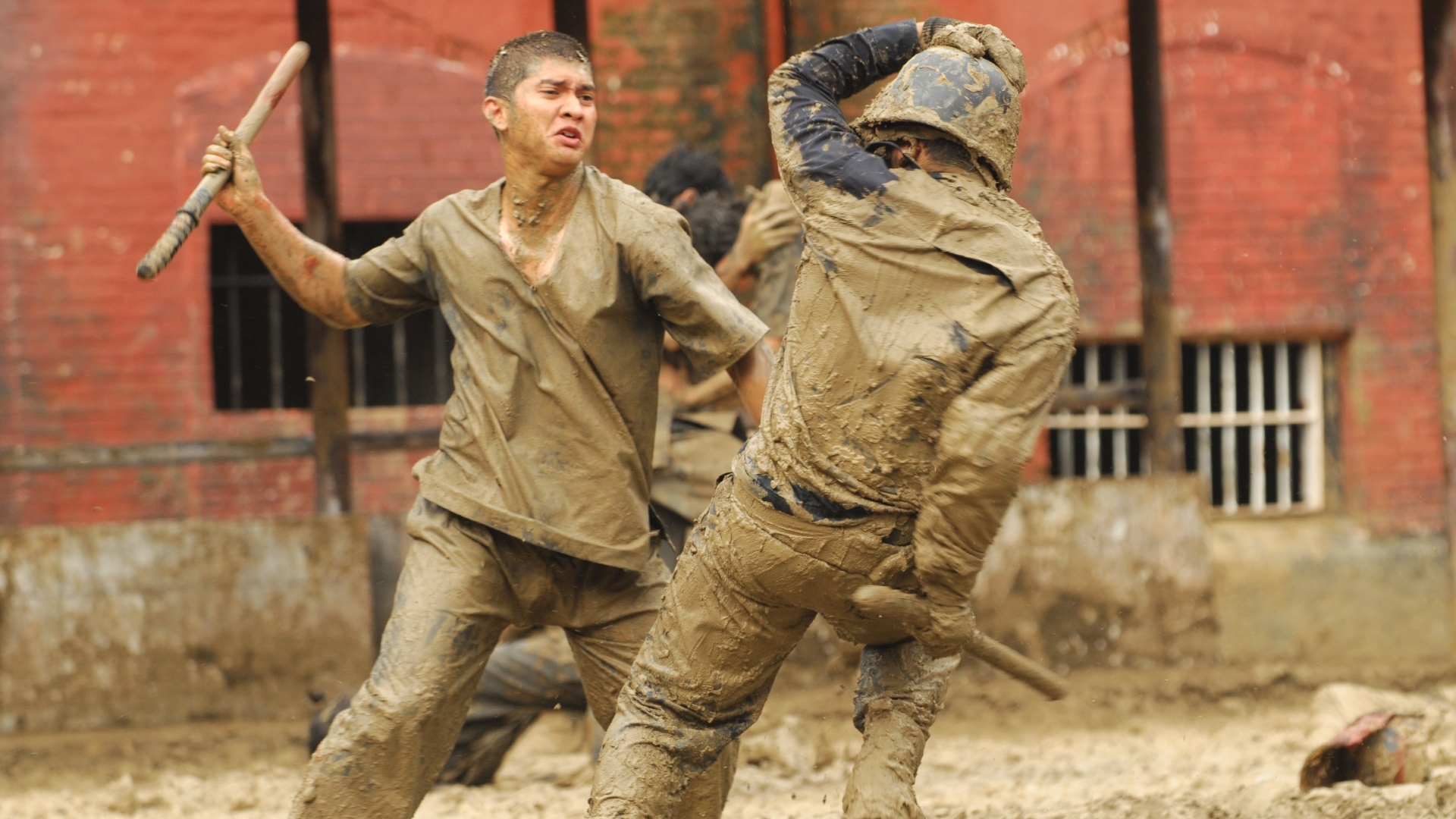
Three years after the surprisingly good The Raid, we get a sequel with Iko Uwais returning in the role of fighting genius Rama.
This movie could be considered part of the revival of great action of the 2010s. More great, creative action scenes, a raw criminal story with plenty of violence, and a nice reminder to not forget about productions from places like Indonesia, since they can deliver the good stuff as well.
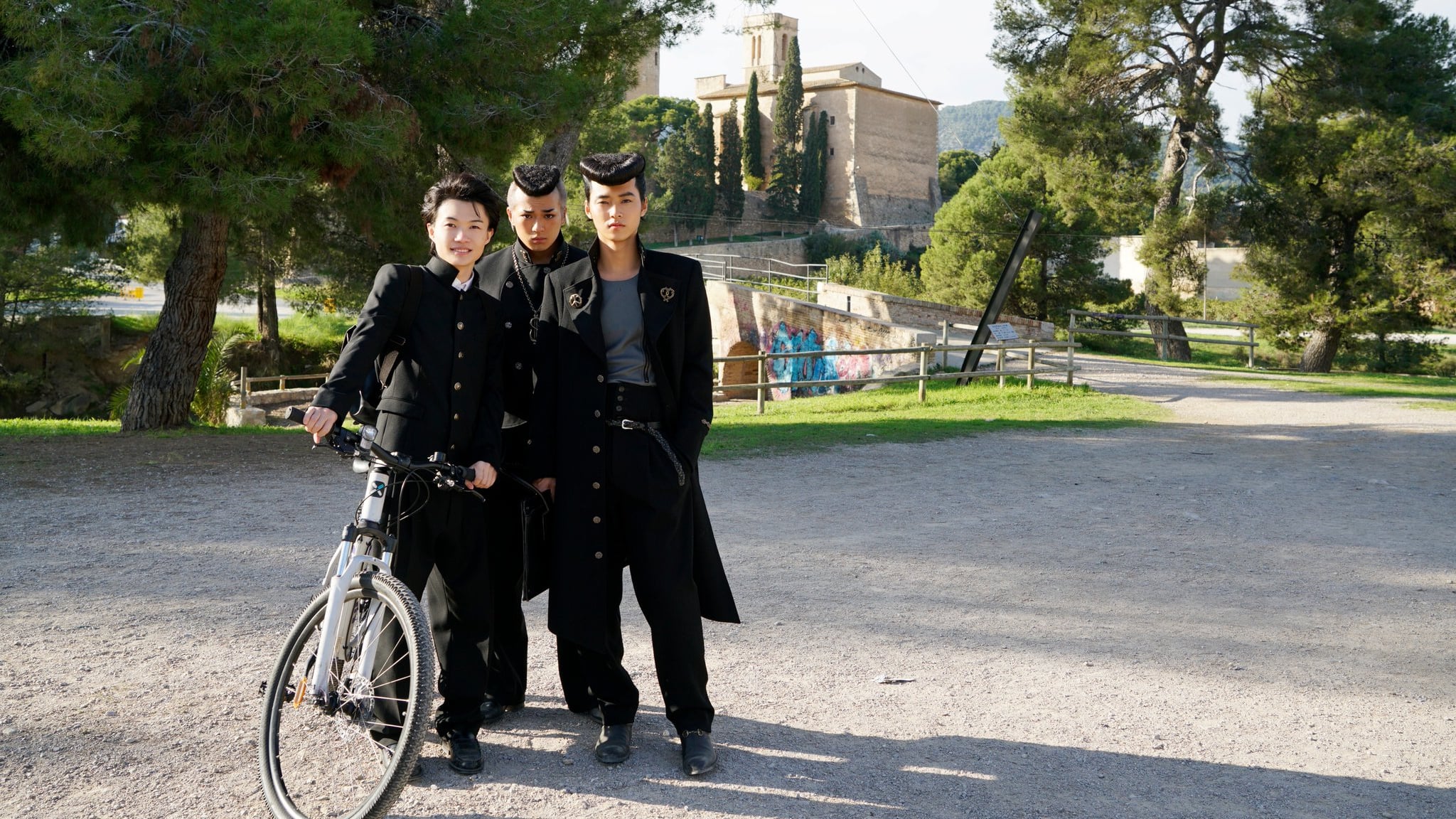
Seems like Takashi Miike likes doing videogame and manga adaptations lately. This is a live action version of the incredibly influential series by Hirohiko Araki.
While it’s said that Part 3 of the manga, Stardust Crusaders is the most popular in terms of sales and mind-space occupied by the characters, it’s this Part 4, Diamond is Unbreakable (sometimes translated as Diamond is not Crash) that is considered Japan’s most beloved, which is probably why it was chosen to get the live action treatment.
Even though it obviously takes some artistic license changing or eliding a few events, it follows the first 17 chapters of the manga and all its key scenes surprisingly faithfully. And while some of the casting choices might be a bit questionable, both Jotaro and Josuke’s actors nail it.
An interesting bit of trivia is that, even though the story and characters are all Japanese (in contrast with other JoJo stories), the movie was filmed in the Spanish city of Sitges, chosen to represent the idyllic-looking Morioh-cho.
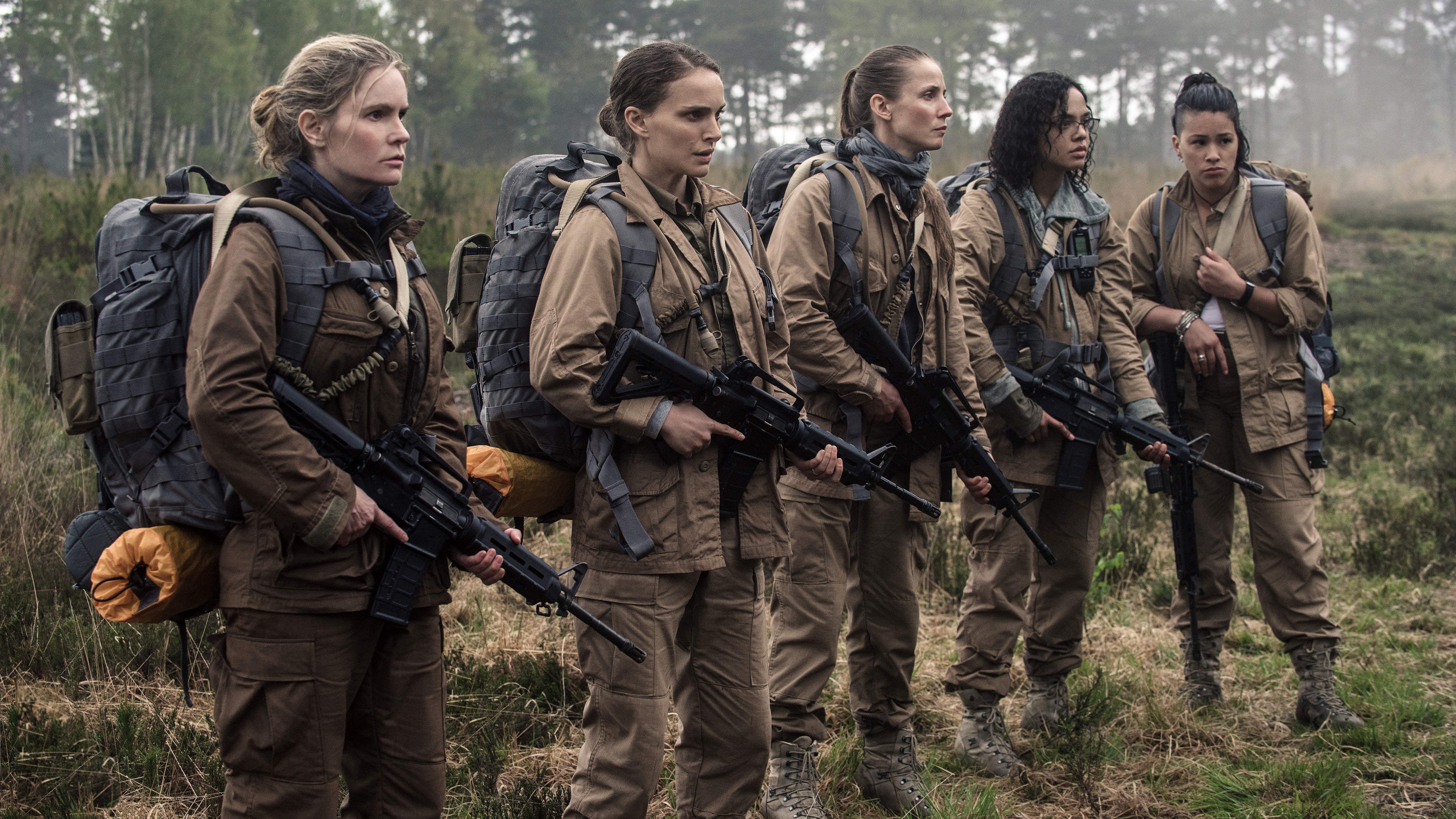
More than in other films from Garland’s oeuvre, Annihilation leans more on conceptual storytelling than on any sense of naturalism or coherence matching our world.
Still, as we see how the story about a weird extra-terrestrial anomaly that recombines reality around itself unfolds, we can get invested in the plot even if it ultimately doesn’t resolve into much narrative substance.
It has some memorable, if gruesome, scenes that heighten is cinematic weight.
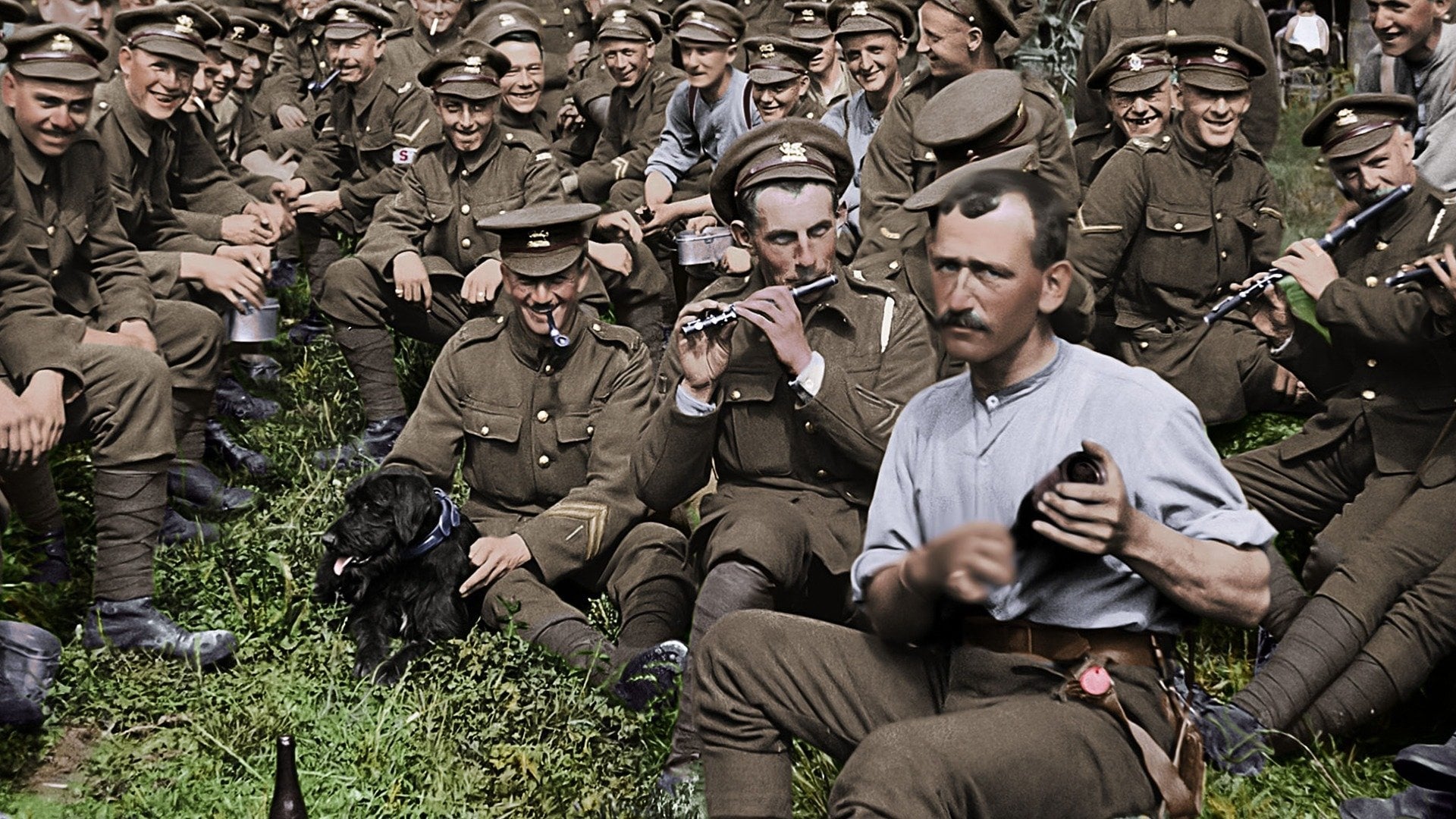
An excellent documentary about World War I, crafted exclusively with recolored footage from the era, and audio from interviews with the survivors that does a great job explaining the context around the first World War and, most interestingly, the paradigm shift that it meant for military conflicts from that point onward.
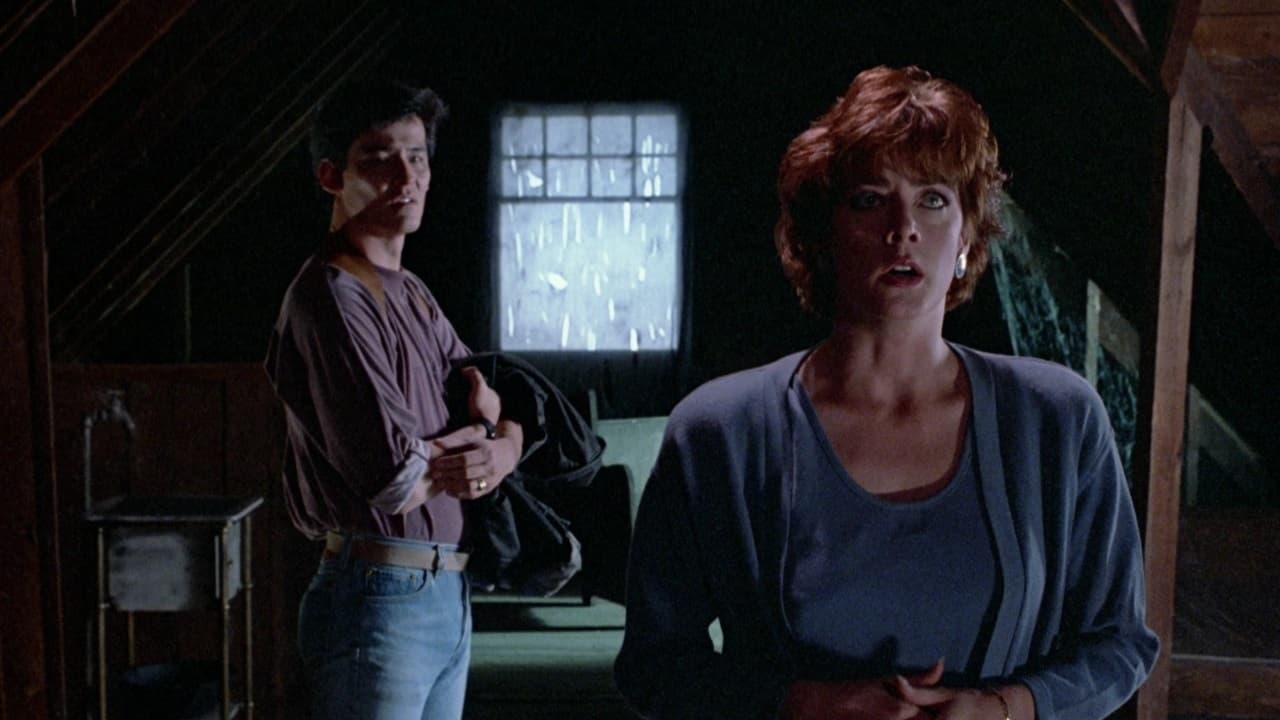
It’s funny that this is the kind of movie that I wouldn’t have paid attention to as a kid, and yet watching it now I found it surprisingly entertaining.
It’s a pretty standard horror slasher, following the same structure and formula, but remains watchable until the end. The presence of B-Movie queen Linnea Quigley helps, too.
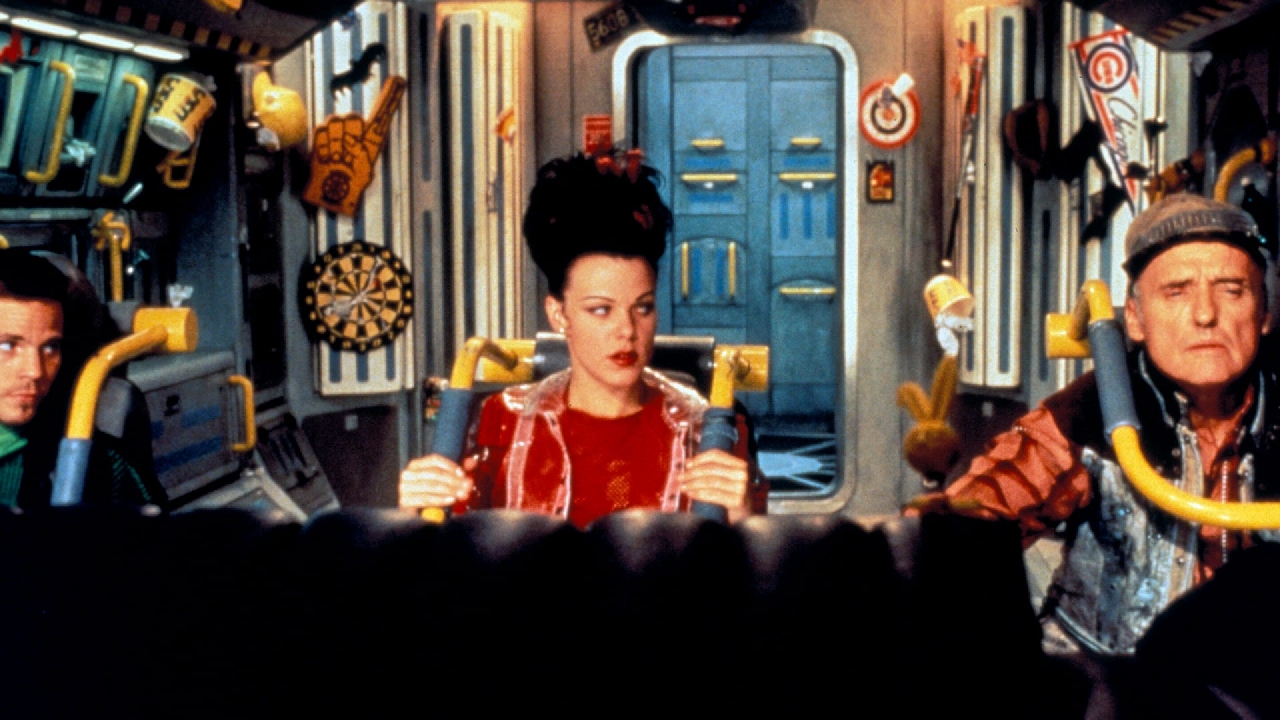
Bizarre, low-rent SF comedy with a cast that we could call extremely 90’s With Charles Dance, a post-Mario Bros Dennis Hopper and “promising youngster” Stephen Dorff, two years before his appearance in Blade.
Far out premise, but not in a good way. Poorly written and structured, the characters are either not likable enough, or miscast (or possibly both). To today’s eyes the description may sound innovative but this ain’t no cult classic. It sadly misses the mark.
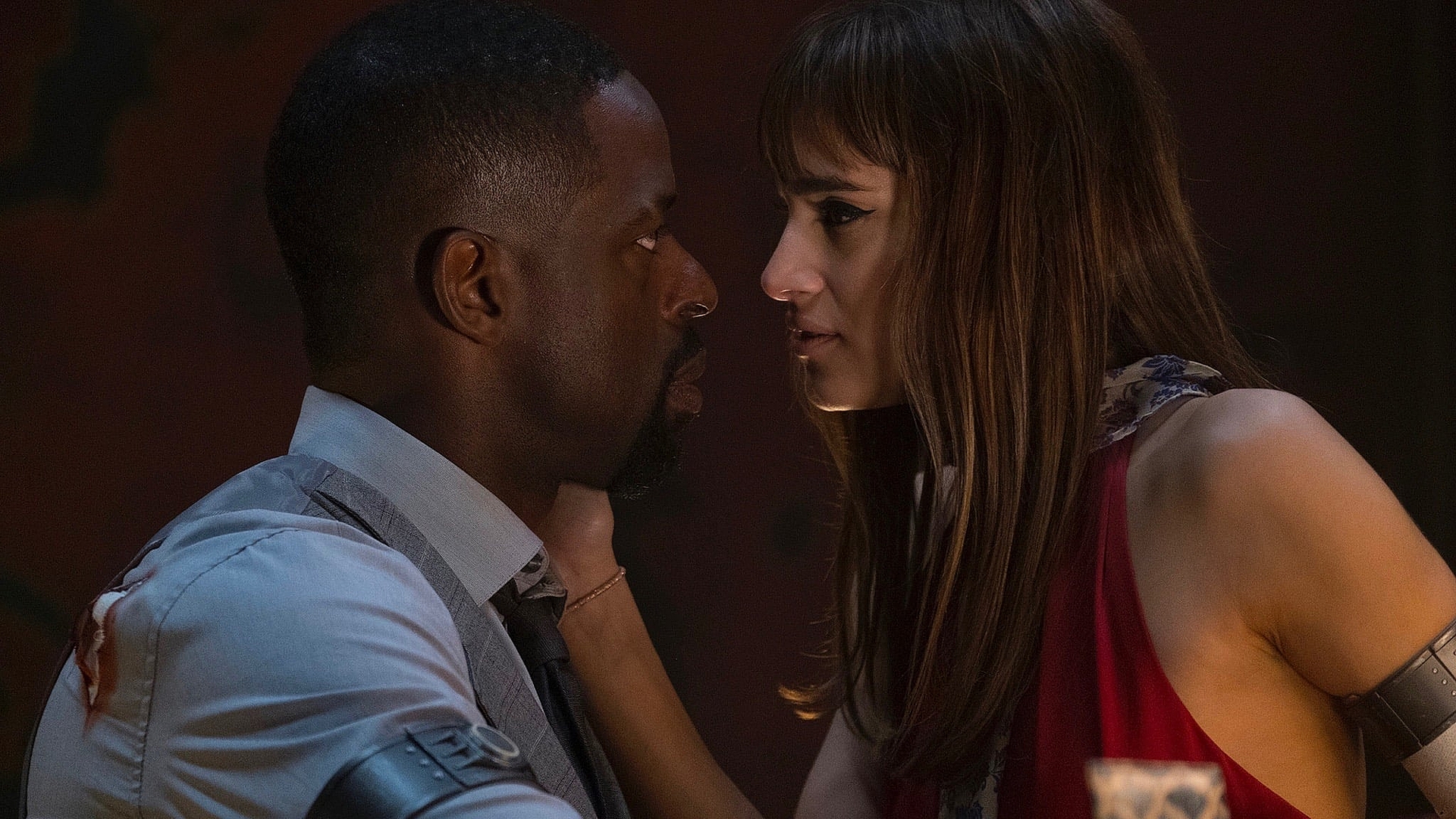
Absolutely fantastic genre movie. It’s criminal that more people aren’t talking about it. I’d even say this is to crime movies what Dredd (2012) was to police movies. All with an excellent cyberpunk setting.
It takes place in and around the titular Hotel Artemis, a place of rest and healing for members of the criminal underworld, all the while riots and revolts are happening all over L.A.
Outstanding cast. Great setpieces. Awesome setting. It’s like the film version of someone’s cyberpunk tabletop RPG, and I mean that in the best possible way.
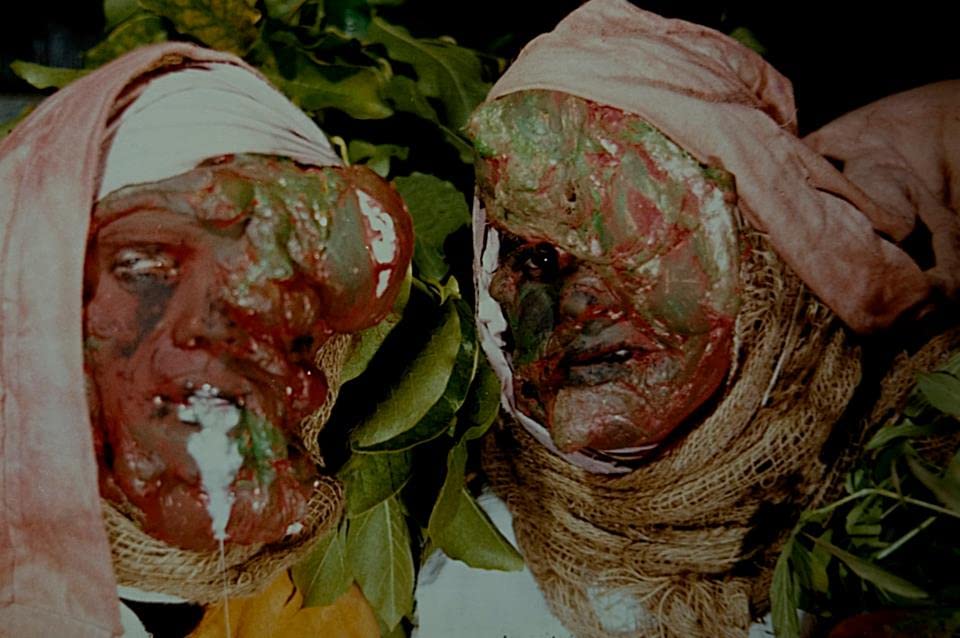
I gotta be honest. I don’t remember much about this movie other than it was a ultra low-budget post-apocalyptic tape, and that I didn’t hate it.
Unlike the movies from 2020 onward, I’m writing these impressions 2 years after watching these movies, so bear with me on this. I have some vague recollection about the hero’s journey-type plot but forgot most of the details, I’m afraid.
One star.
A sorta-Terminator ripoff with Don Wilson and some alright late 90s America pseudo-cyberpunk aesthetics. Don’t expect anything too high budget or a plot that has any remarkable twists, though.
Apparently, it did well enough to have a sequel made and released the next year.
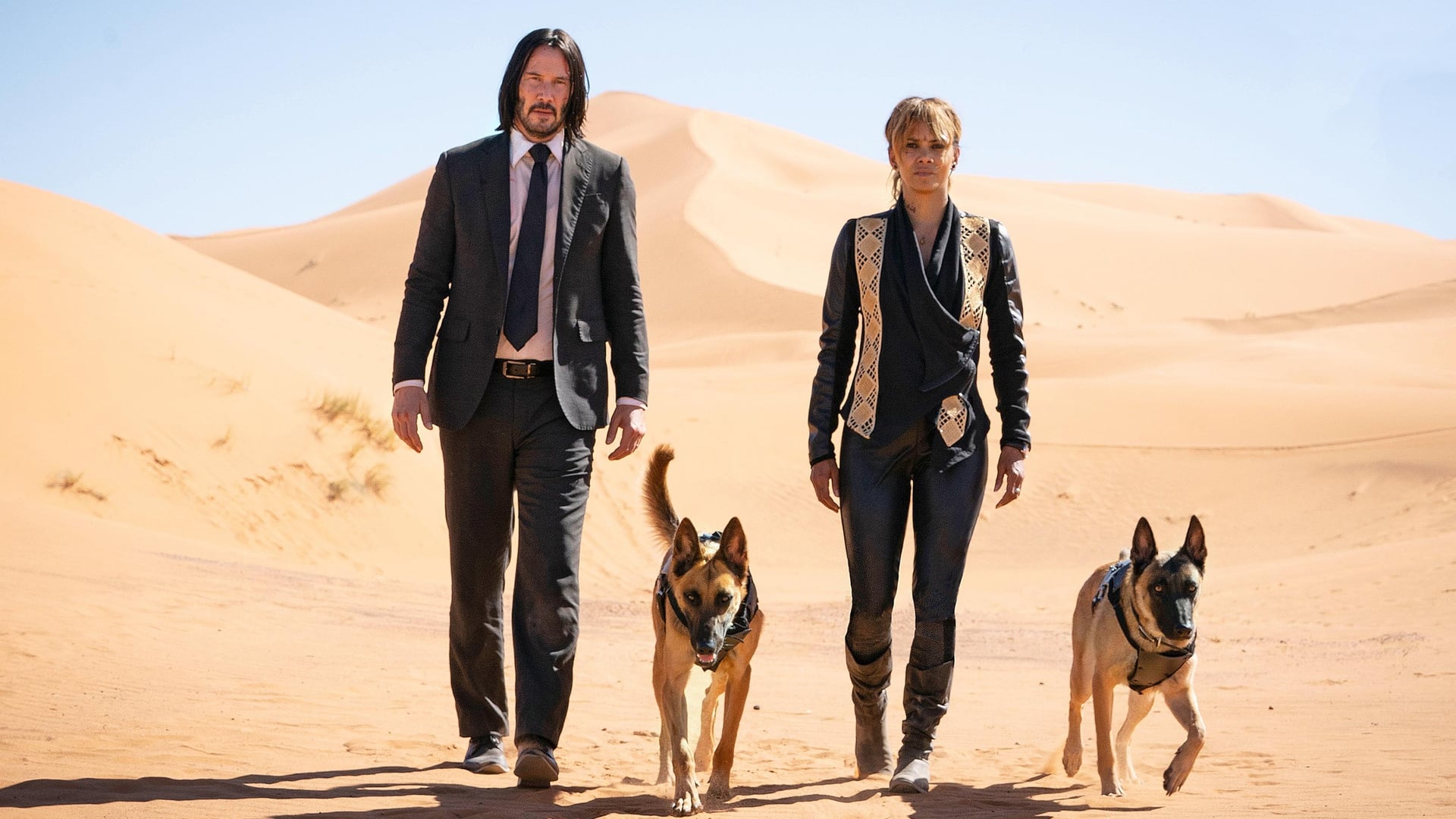
I have to say that the third entry in the John Wick saga is starting to show some worrying signs of lore bloat, and some of the action setpieces are approaching the limits of fatigue that Chapter 2 was already pushing at, so I can’t give it higher marks.
On a positive note, the aesthetics are still top notch. The action sequences that don’t drag are still fantastic, and the characters are evocative and colorful, especially the main antagonists: assassin Zero and The Adjudicator.
I’m still hyped for the next entry in the series, but I hope it’s crafted with more care and attention for what made the original so great.
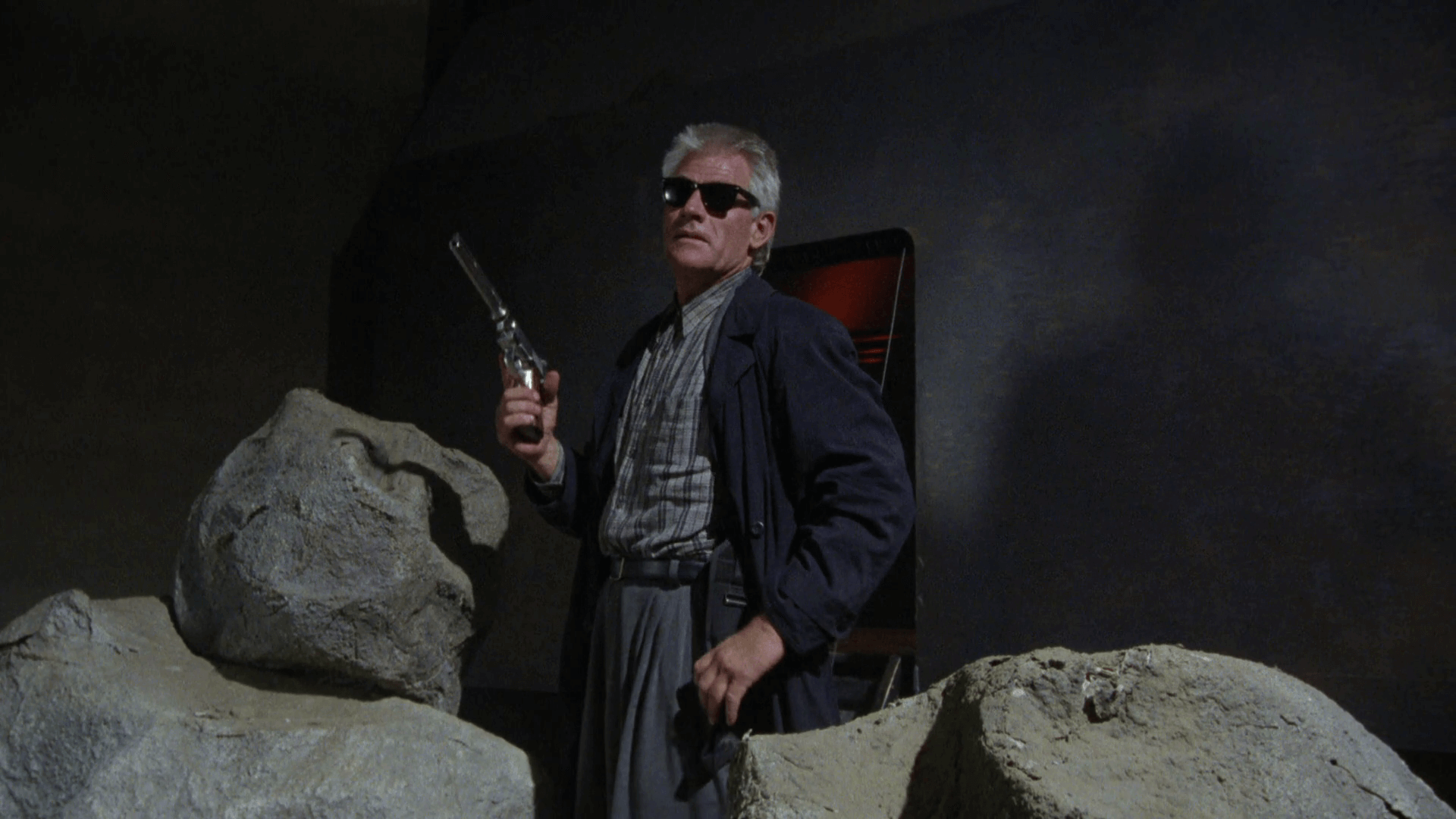
Technically, this isn’t the first time I’ve watched Dollman, but it’s been long enough that it’s worthwhile to write my impressions, on second viewing.
Well, this is another Pyun Full Moon production. First movie in the Brick Bardo / Dollman universe where the bounty hunter from the planet Arturos ends up on the USA in the 1990s after pursuing criminal Braxton Red through a space-time anomaly. Now, I was going to make a joke with an “early” appearance of Earle Haley (playing Red), but he had been acting for 19 years by this point…
Anyway. The gimmick here is that, on Earth, Bardo is only a few cm tall. No larger than an action figure (or “doll”, as they’re sometimes called, hence the title). However, his feared space blaster is still as (relatively) powerful as ever, which helps when he gets involved in a fight with the local crime gangs that are being manipulated by fugitive Red.
Some parts of it drag quite a bit, and the impactful scenes are few and far between, but it’s still a fairly entertaining watch.
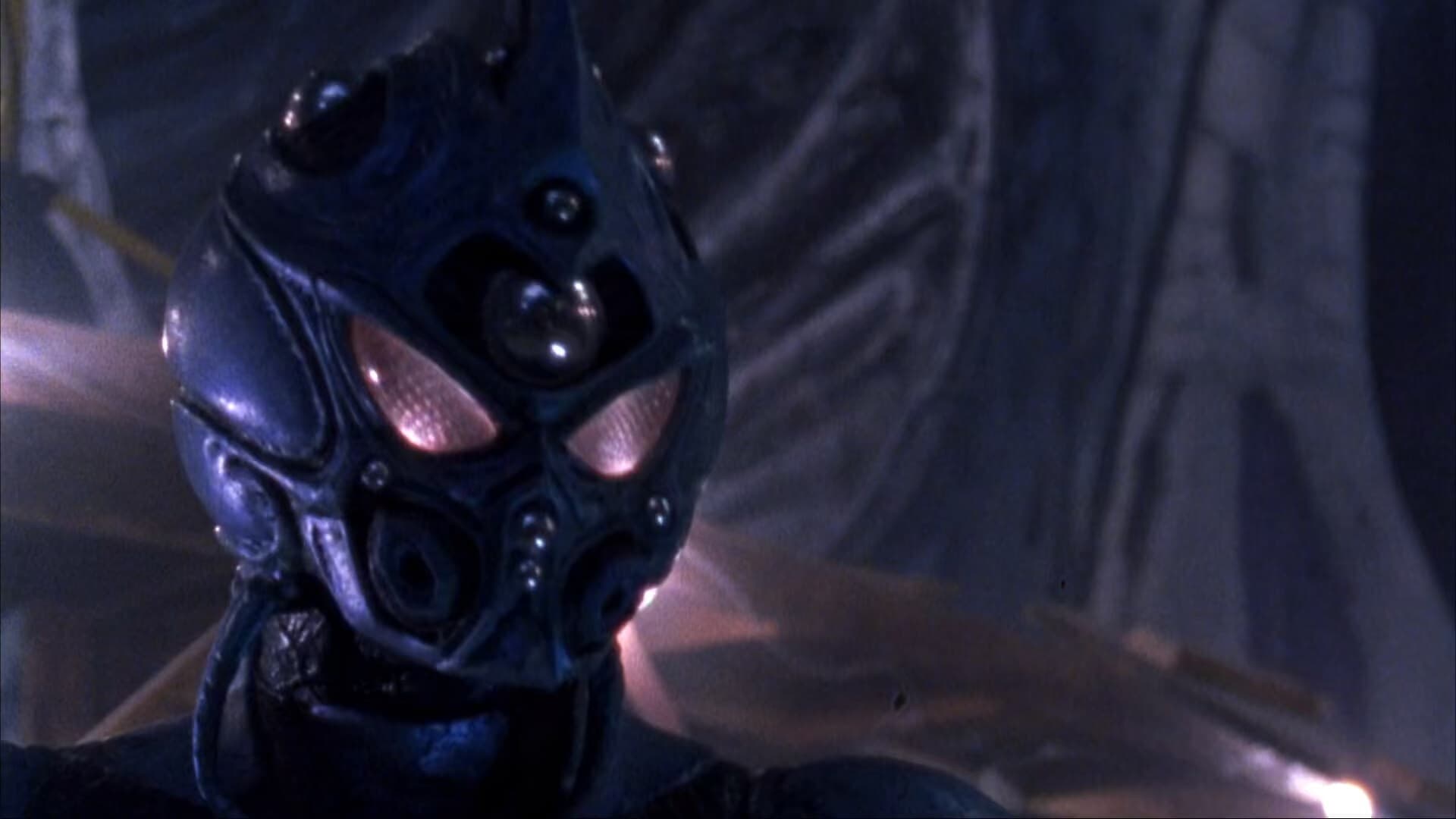
This is also a movie I already watched once before, but I didn’t mind revisiting.
The most notorious detail about this production is that the main character is played by David Hayter, of Metal Gear Solid fame, in a position not just as voice actor, but a live actor.
Otherwise the movie itself is not very remarkable. Pretty formulaic low budget 90s SF based on the Guyver manga.
Dark Hero is itself a sequel to a previous Guyver movie I haven’t watched, starring Mark Hamill!
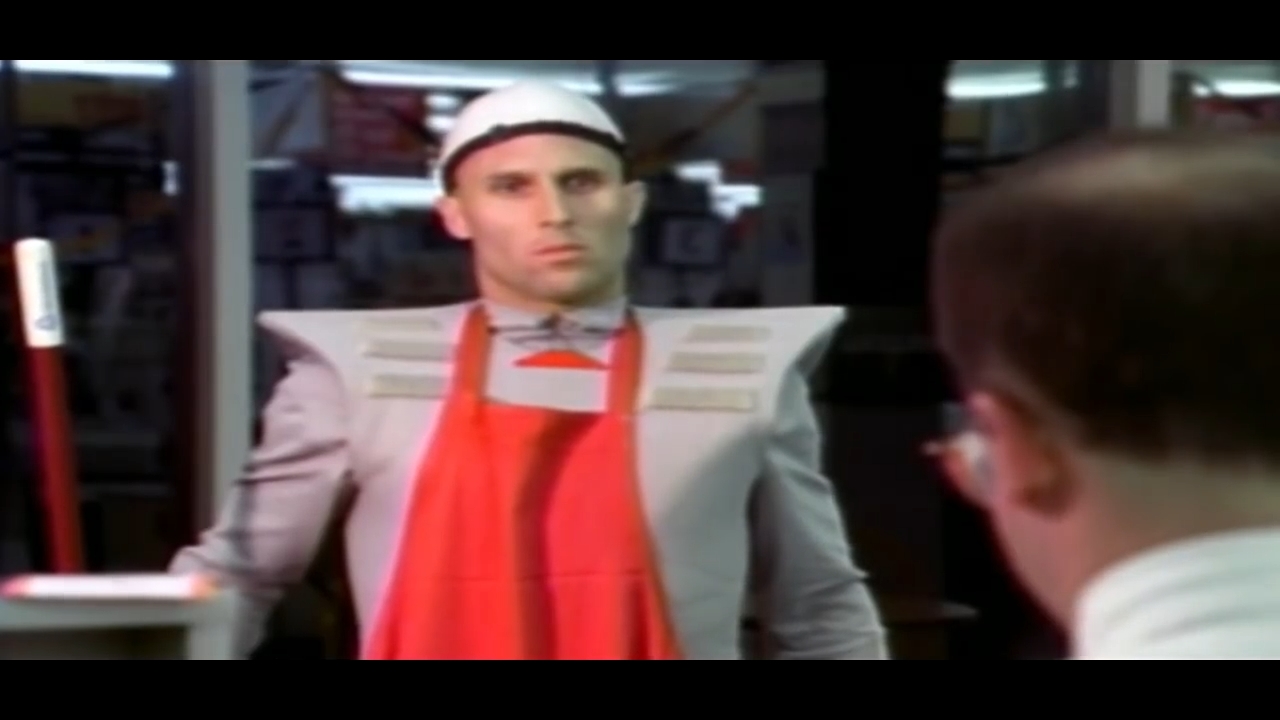
Honestly, I’m not super comfortable giving my impressions of this since I was falling asleep while I was watching it, and there are a few moments I couldn’t pay attention to, but from what I remember, we have a pretty solid conceptual SF comedy about a kid who’s abducted and trained by aliens as an assassin.
It has that cheap movie feel, a bit like Dark Star. Also, it has a Mubi release, so it can’t be all bad, right?
For what it’s worth, the director went on to become a producer at The Onion.

The legendary documentary of the mid 70s bodybuilding scene. Following Arnold Schwarzenegger’s last year at the Mr. Olympia competition.
The film focuses on Schwarzenegger and his biggest competitors that year, Lou Ferrigno and Franco Columbu, as well as appearances by other top bodybuilders of the time.
The most striking aspect of it is how it lays bare the workings of sports-like competitions like bodybuilding (and to some extent any human competitive endeavour) and the realization that the most successful person isn’t always the best, but the one who better uses his tools. Schwarzenegger isn’t shy about recounting how he uses unsportsmanlike, borderline dishonorable tactics to shatter his rival’s confidence and performance, in an almost Art-of-War-like fashion.
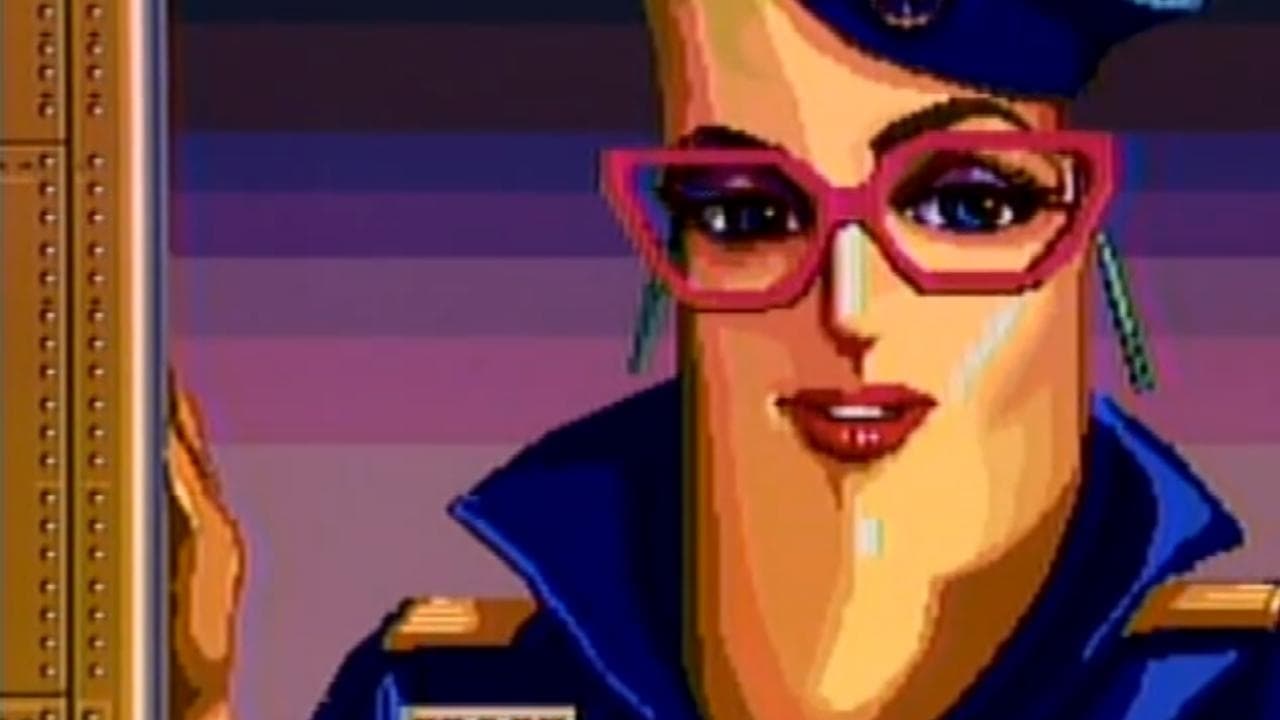
Now, isn’t this a treasure? An experimental computer animated Japanese film from the late 80s made mostly with “dot graphics” (a.k.a. pixel art) on MSX computers. The shots were drawn on the MSX then composited on video for the final image.
It has an interesting story, too. The movie was virtually unheard of and essentially lost media, until someone found a Laserdisc copy in a thrift store in Japan, which lead to its upload to YouTube and subsequent increased accessibility.
Not much information about the movie exists around.
Ikko Ono was the cover artist for MSX Magazine in Japan and the movie features many of his character designs, which are whimsical and wacky. The movie is a really interesting watch. Very experimental to the point of surrealism. And pretty, too.
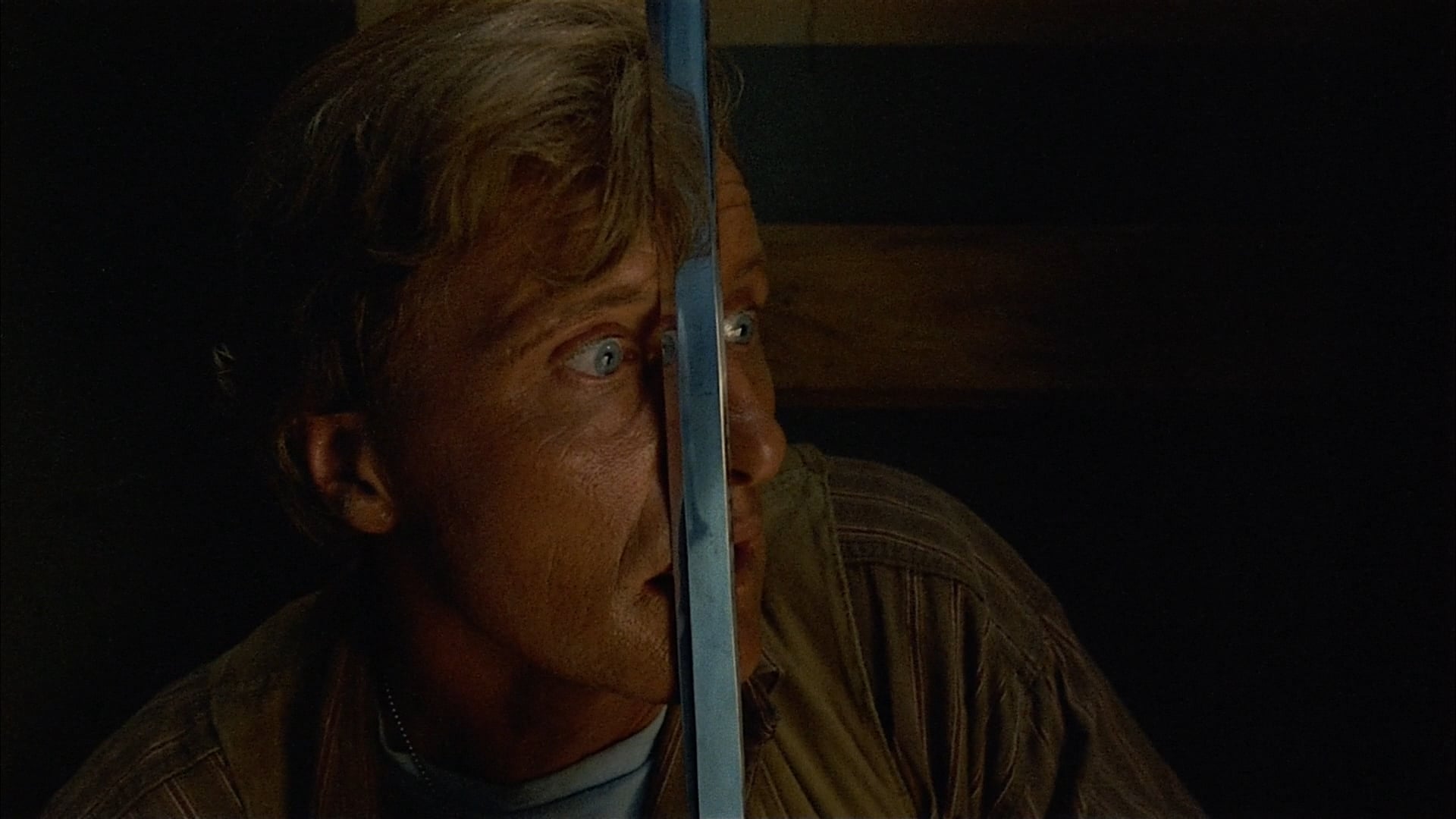
Rutger Hauer plays a Vietnam veteran who becomes blind in combat, and then, nursed back to health by the locals, studies the blade, becoming an accomplished swordsman.
We end up with what’s essentially an American remake of Zatoichi. And it’s pretty good too. Entertaining, well made action in the classic style.
A product of its time but fun to watch if you can keep an open mind.
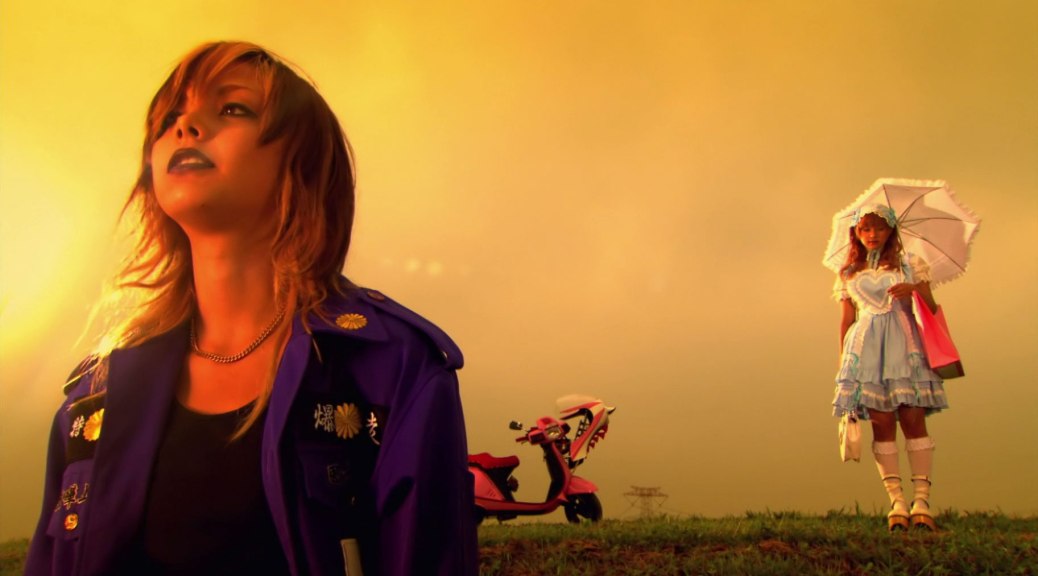
This was a pleasant surprise. The beginning of the movie gives a shitty impression. It looks like it’s going to be another goofy-ass Japanese “comedy”, but stick with it for 20 minutes and it makes way for a wholesome story about the friendship between a lolita teen obsessed with French rococó and a badass yanki girl biker. Two women who couldn’t have more different lifestyles and cultures.
Still, the film is rather idiosyncratic, and it favors a certain kind of manic humour. However, after the characters are established it doesn’t become too insufferable.
I would say, avoid watching it dubbed if at all possible and stick to [subtitled] Japanese.
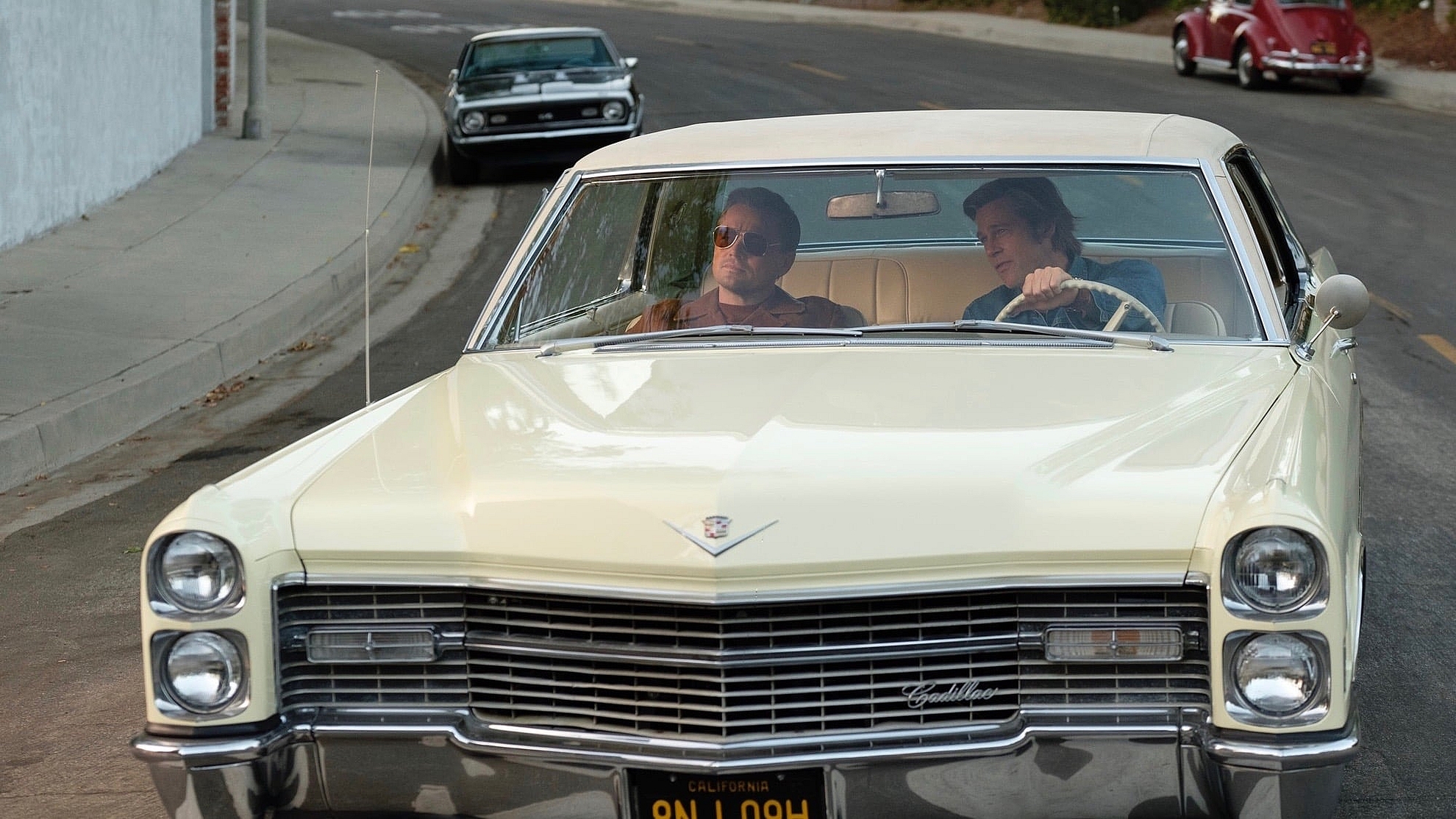
I’m a bit hesitant to go too deep about this one, since I feel I really need to do a second viewing that I haven’t gotten around to, yet, but what I got was a pretty great Tarantino piece.
The film effortlessly moves from a period Hollywood mood piece to a character drama, to a cathartic violence story. The narrative follows a washed-out actor and his stunt double, but is historically set around the time of the attacks by the Manson Family on Sharon Tate, the wife of genius film director Roman Polanski.
It is what I would call “film as a world”, exploring the topics Tarantino loves, and while it may feel slow at times, it’s worth it just for that.
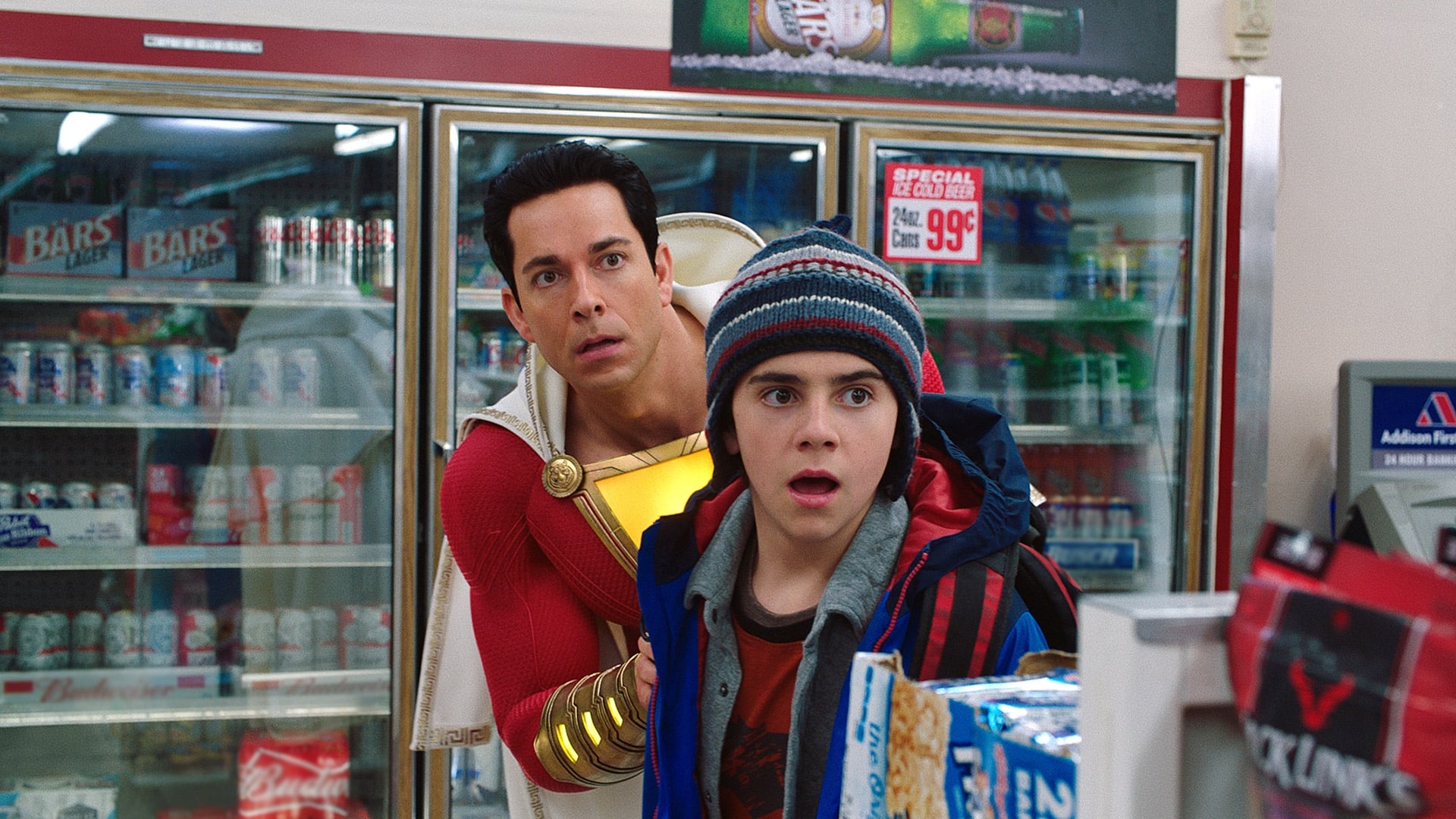
Shazam! is another attempt at branching out an adaptation of a superhero comic to the big screen but instead of driving home the point of the protagonist teen using his powers irresponsibly, it’s Shazam himself, the wizard that gives him the powers in the first place, the one who also creates the villain, for no good reason at all.
Entertaining enough in content even though disturbing narratively. Nothing particularly special.
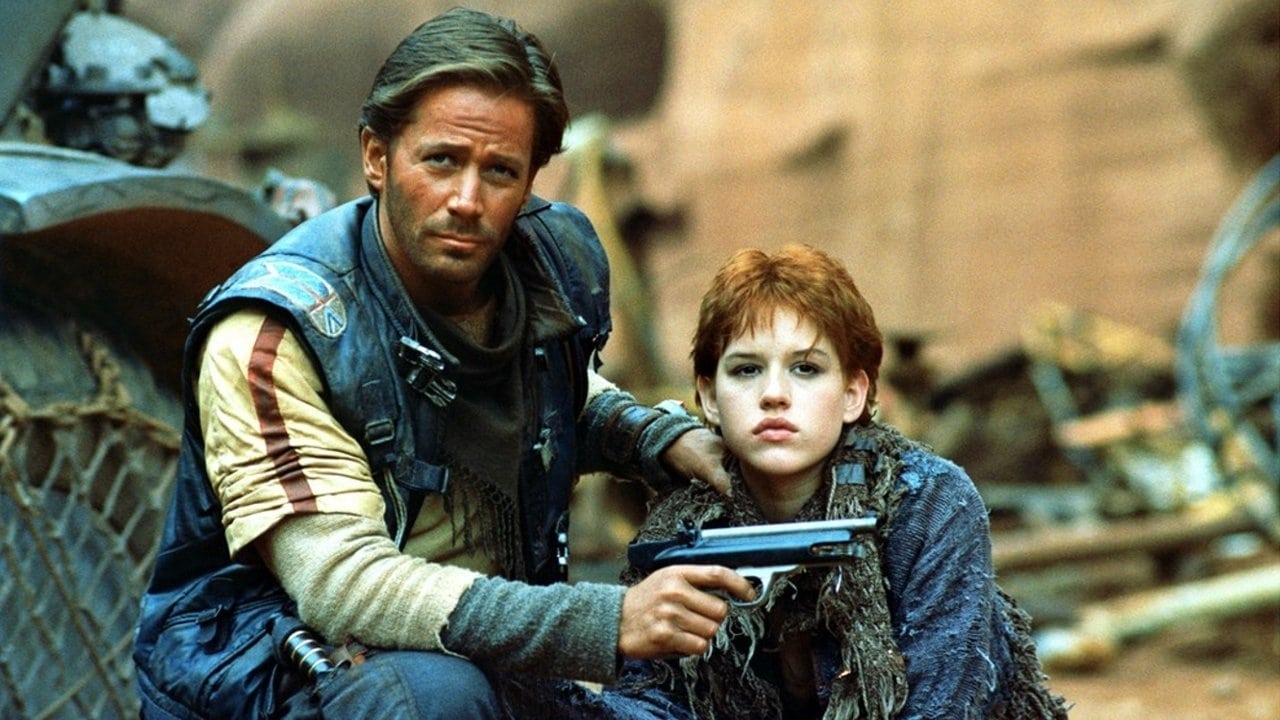
Known to some as “That science fiction movie with Molly Ringwald”, it’s one of those b-tier movies made to cash in on the popularity of Star Wars.
Featuring rogue pilot Wolff as the protagonist, a sort of low-rent Han Solo who gets involved in planetary adventures and meets Molly Ringwald and Ernie Hudson’s characters on his way to defeat the big foozle OverDog (Michael Ironside).
It has a pretty wonky first act, but very soon picks up speed and becomes rather entertaining, if you don’t mind the low production values.
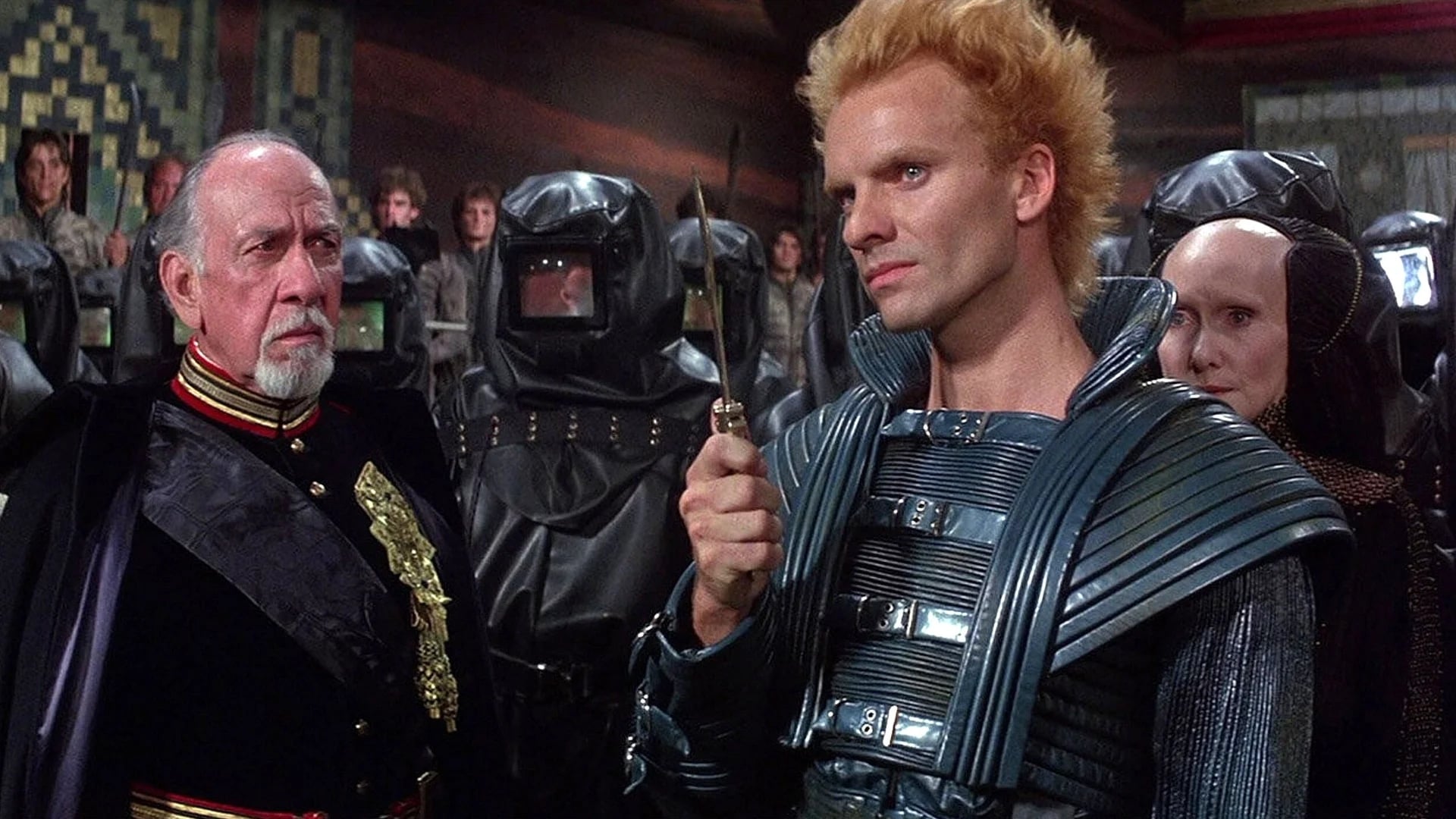
Hard to believe, but this is the first David Lynch movie I actually watched.
It’s an iconic staple of classic SF. Great production design and visuals. Rivers of ink have been poured about the problems the movie has with its pacing and general lack of clarity conveying the plot, but I didn’t have too much trouble following it due to getting familiarized with the rules of the Avalon Hill board game, of all things.
While it isn’t as ubiquitous in the SF vernacular as Blade Runner, it still managed to be quite influential. For example, Random Hajile is directly inspired by Sting’s character.
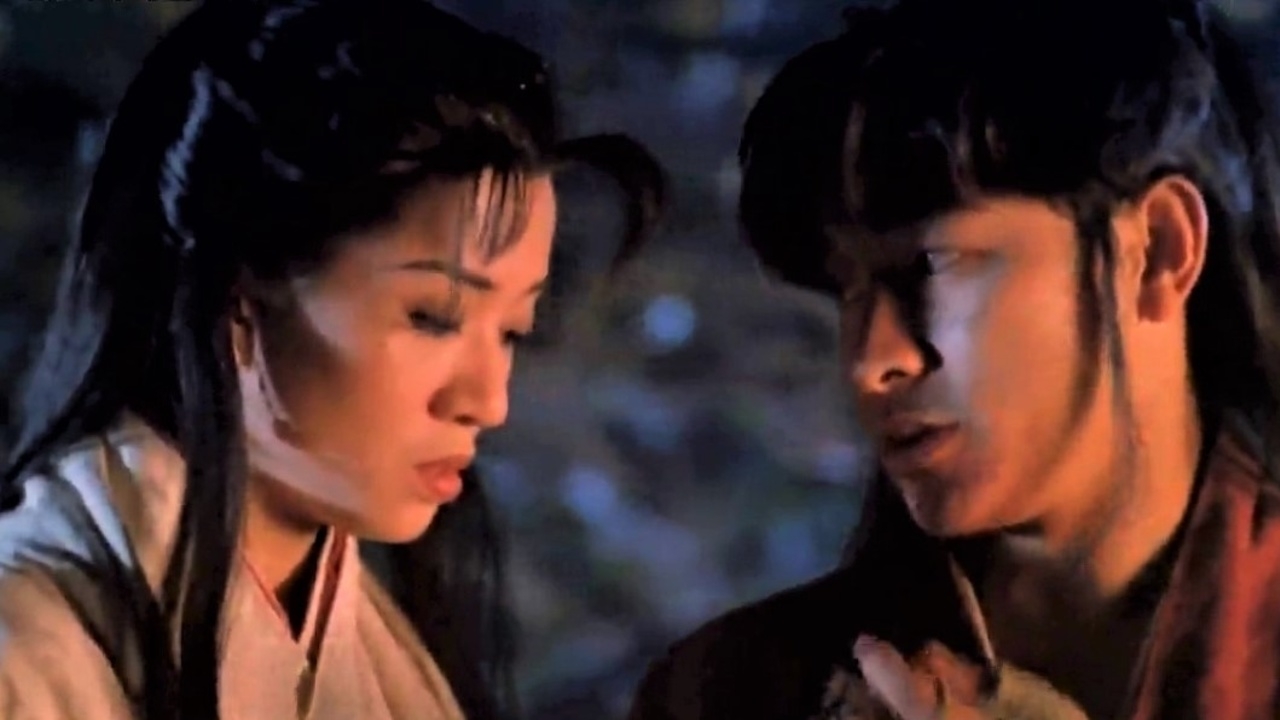
Pretty out there wuxia flick about a fisherman getting embroiled in high stakes affairs with the emperor and a rebellion lead by his brother.
Features some classic scenes, like the villain decapitating one of his subjects with a bow string, only to impale the head mid-flight with an arrow. And it doesn’t even end there…
Plenty of over the top fun, but don’t expect great production values, writing, plot consistency… you get the idea.
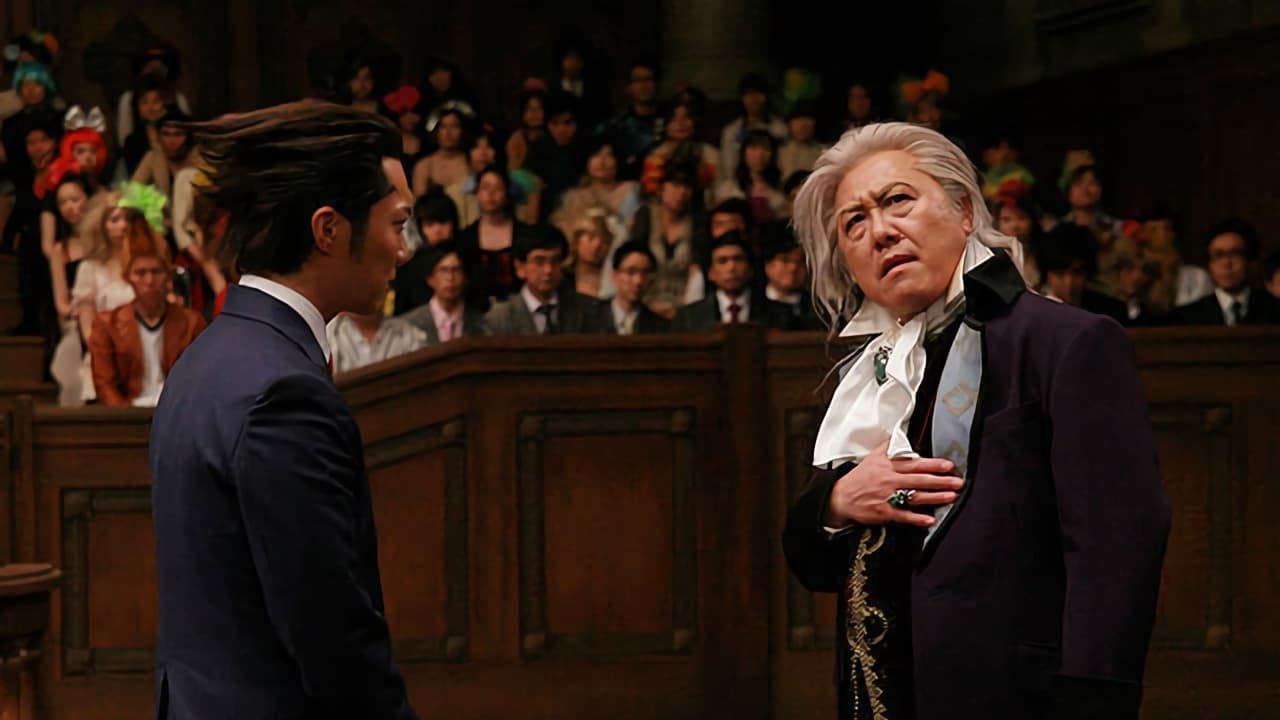
There was a period of several years where it seems that cult director Takashi Miike did nothing but adaptations of manga, videogames and novels.
This is one of them. A very literal reinterpretation of the first Gyakuten Saiban game (known as the Phoenix Wright: Ace Attorney series in the West) almost beat for beat.
It doesn’t cover every scene of every case in the game, but cherry-picks some interesting beats. The aesthetic is a hybrid of naturalistic film locations with the anime-styled haircuts and wardrobe you would see in the game.
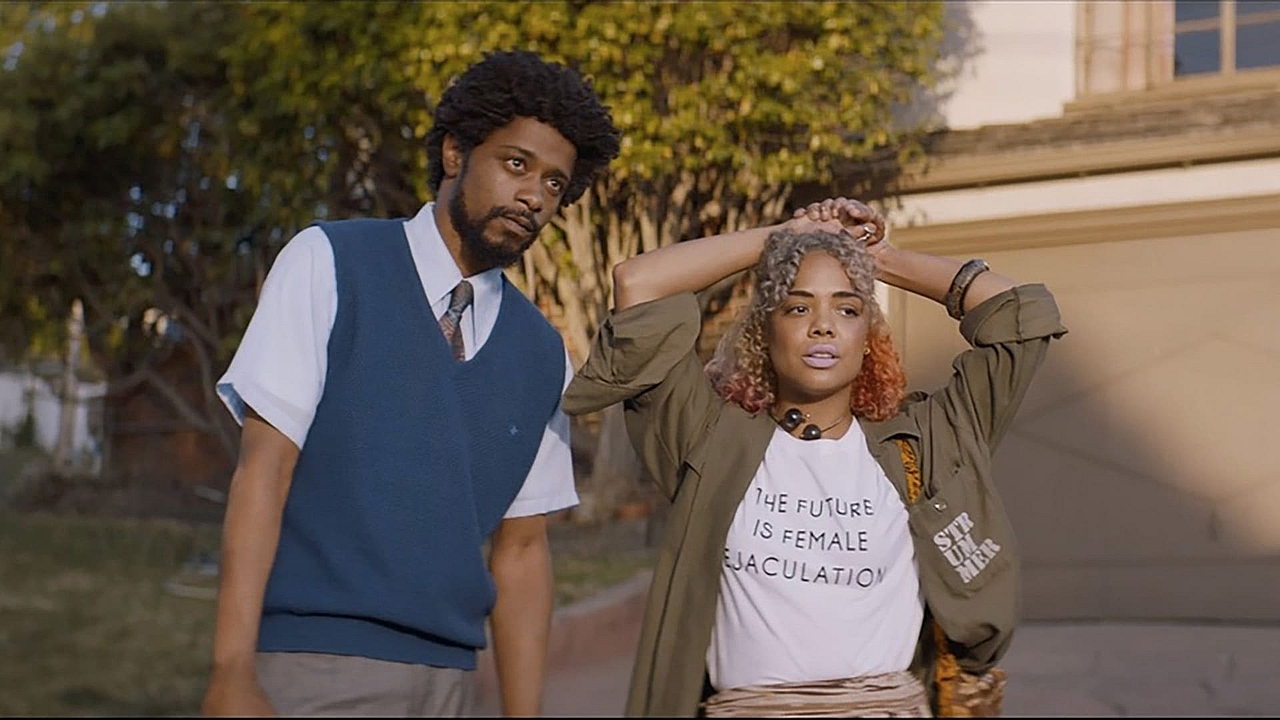
Extremely on the nose comedy with commentary on class differences, race differences in the US and mega-corporations.
Yet, the movie goes a bit beyond simplistic “capitalism bad” rhetoric, and it’s made in a deliberately over the top way that makes it entertaining while helping to smooth over the unsubtlety of its message.
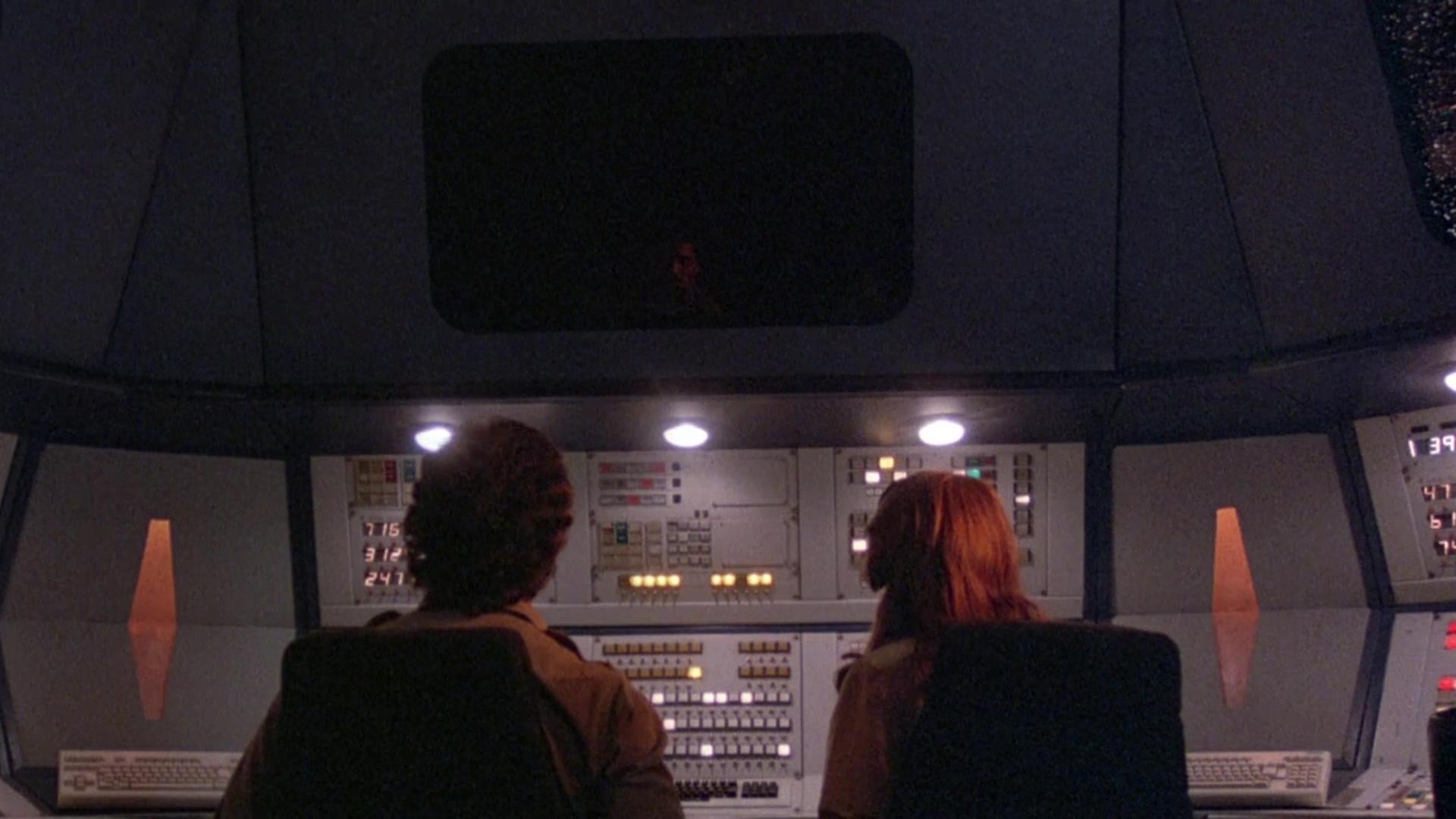
Oh man, what a bizarre little movie.
For most of its runtime, it’s a boring, derivative take on Alien, or something similar to it. The movie spends probably a third of its runtime meandering without advancing any plot or characterization, but in the last act, a twist finally comes…
And, well. I limit spoilers on these short impressions, so I can’t say what it is but, man does it pack a punch, and in such an unexpected and odd way too.
I also want to make clear that this movie is not worth watching. For any reason. The impact of the end twist may only seem strong in contrast to how incredibly dull the rest of the movie is.
If for some reason you still decide to watch this, gather some friends to watch it with.
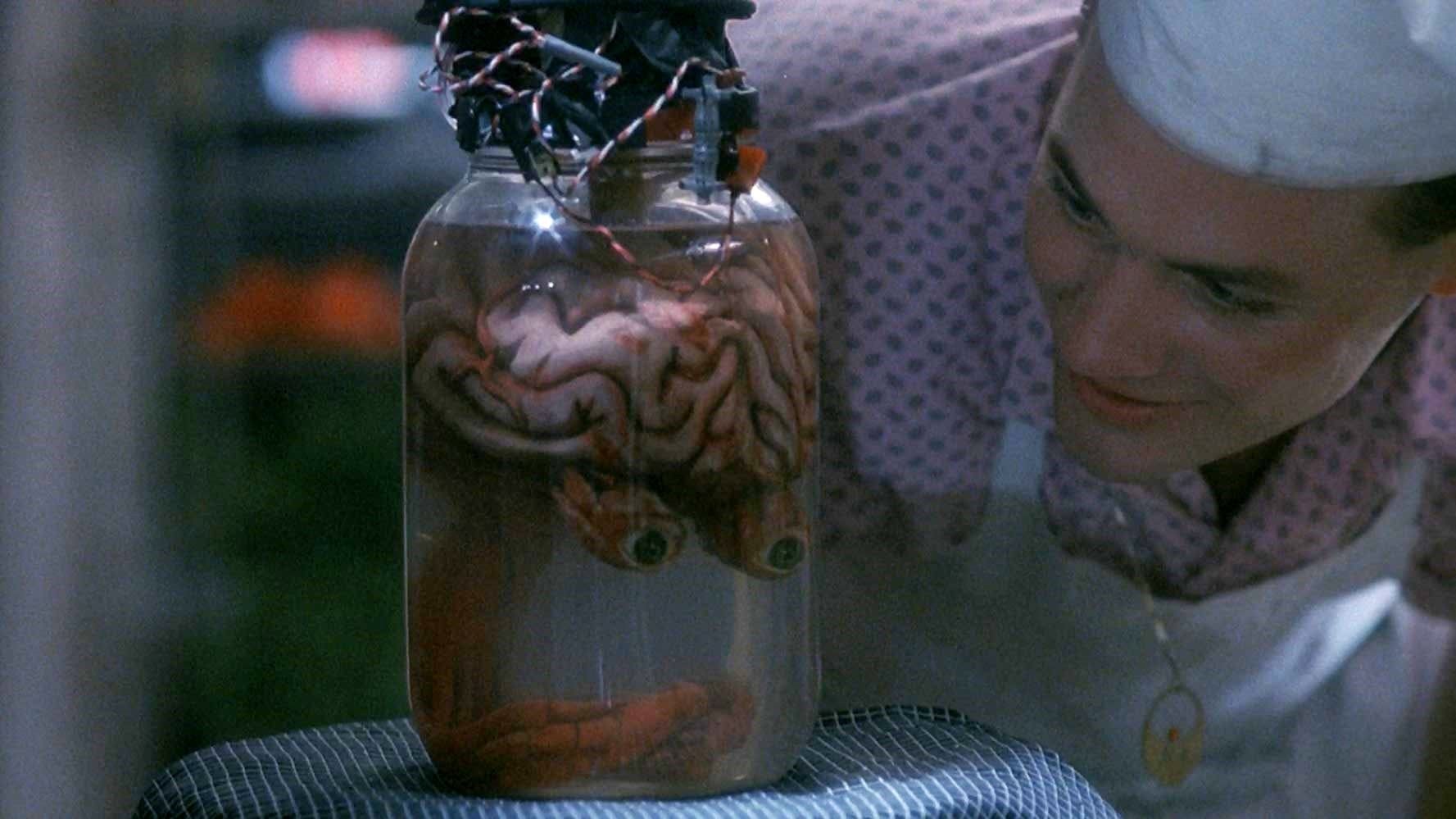
Utter trash. Gory bullshit.
With the purpose of resurrecting an ancient goddess, a couple of dudes turn a well established vegetarian diner into their bloody base of operations to sacrifice women and harvest their organs so that the goddess can reincarnate. Obviously, the menu at the diner becomes a lot more meat-based.
It’s gross, dumb garbage but not entirely terrible, particularly for fans of gore and splatterpunk, I guess.

Heavily diluted horror that, as the title may clue one in, tries to mix Flashdance aesthetics with slasher horror.
It’s pretty trashy but not too horror-y if you don’t particularly enjoy horror. In fact it’s almost more like a murder mystery with some blood and dancers. While the ideas are a bit bizarre and poorly carried through the movie, it can be somewhat entertaining.
The acting, while cheesy, isn’t particularly bad (relative to these sorts of productions)
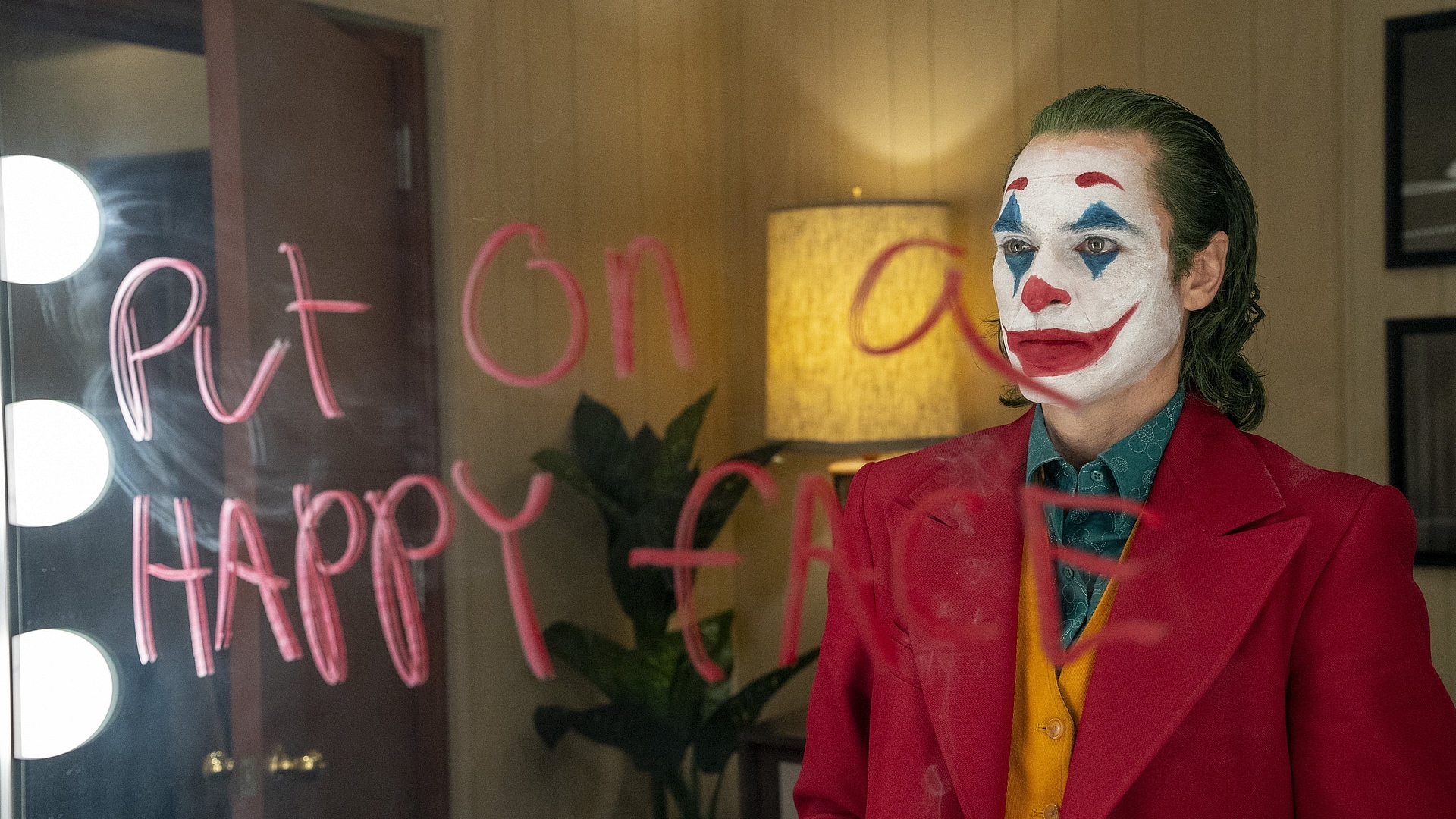
A lot has been said about Joker. Perhaps too much. I’m now recalling the media panic campaign that was spun on before its premiere, and the ensuing desperation of clickbait outlets after the movie was out.
My conclusion is pretty standard: It’s Really Good (for a superhero movie).
Many parallels have been drawn to Taxi Driver, which I haven’t watched yet, so I won’t comment on them, but the brilliant subversion going on in the third act of the film cements it as a film doing its own thing.
Authors have used comics —even superhero comics— to tell real stories before, so it seems natural to do the same with superhero movies, no?
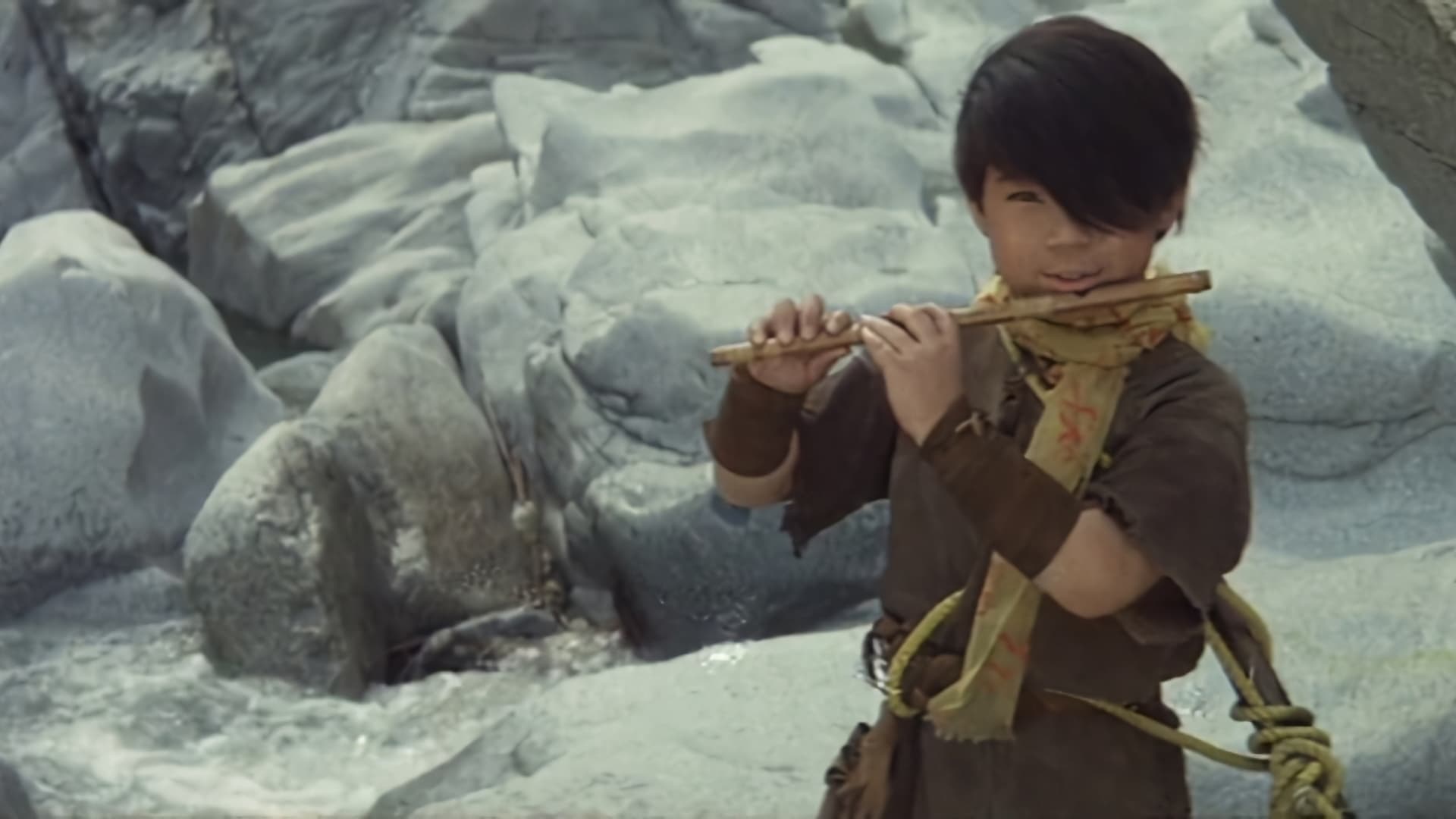
Very entertaining adventure movie about the titular ninja boy, his axe, his ninpou techniques, and his fight against rival ninja clans.
While it’s ostensibly aimed at a younger audience it’s a really colorful and vibrant adventure flick which almost feels like the Japanese equivalent of an old school sword and sorcery adventure film.

One of the best if not the best movie of the year. Good old Bong Joon-ho presents a portrait of two families, the privileged and uncaring Riches, and the Poors, bankrupt not just in assets but also in ethics.
It is foremost an observation of class differences in South Korea, and the lengths human beings are willing to go to to improve their standing, but also how their own morals can deceive them.
One of the best aspects of its writing is that it lets the characters speak for themselves, and limits itself to showcasing the system, instead of hackishly moralizing about one side or another.
In fact, who the title itself refers to is ambiguous, left to the interpretation of the reader (or a reference to Trotsky’s essays, perhaps?)
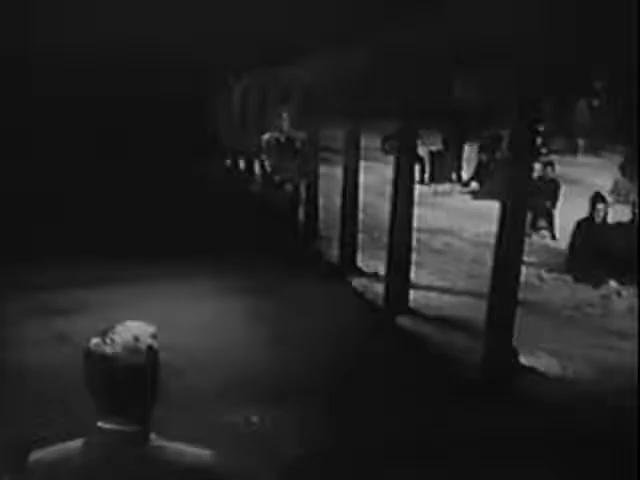
A retelling/adaptation of Charles Dickens’ A Christmas Carol commissioned by the United Nations and written by Planet of the Apes and The Twilight Zone’s Rod Serling.
Featuring a 1960’s all star cast, a message of world peace, and —owing to its subject matter— dreamy and conceptual setpieces as the wealthy industrialist protagonist is visited by the three ghosts of Christmas. It’s a fascinating watch.
It was intended to be aired only once, and it remained that way until TCM, 48 years later, rescued it for re-broadcast.
Next time you’re in the mood for an old, UN-flavored Christmas story, give it a go.
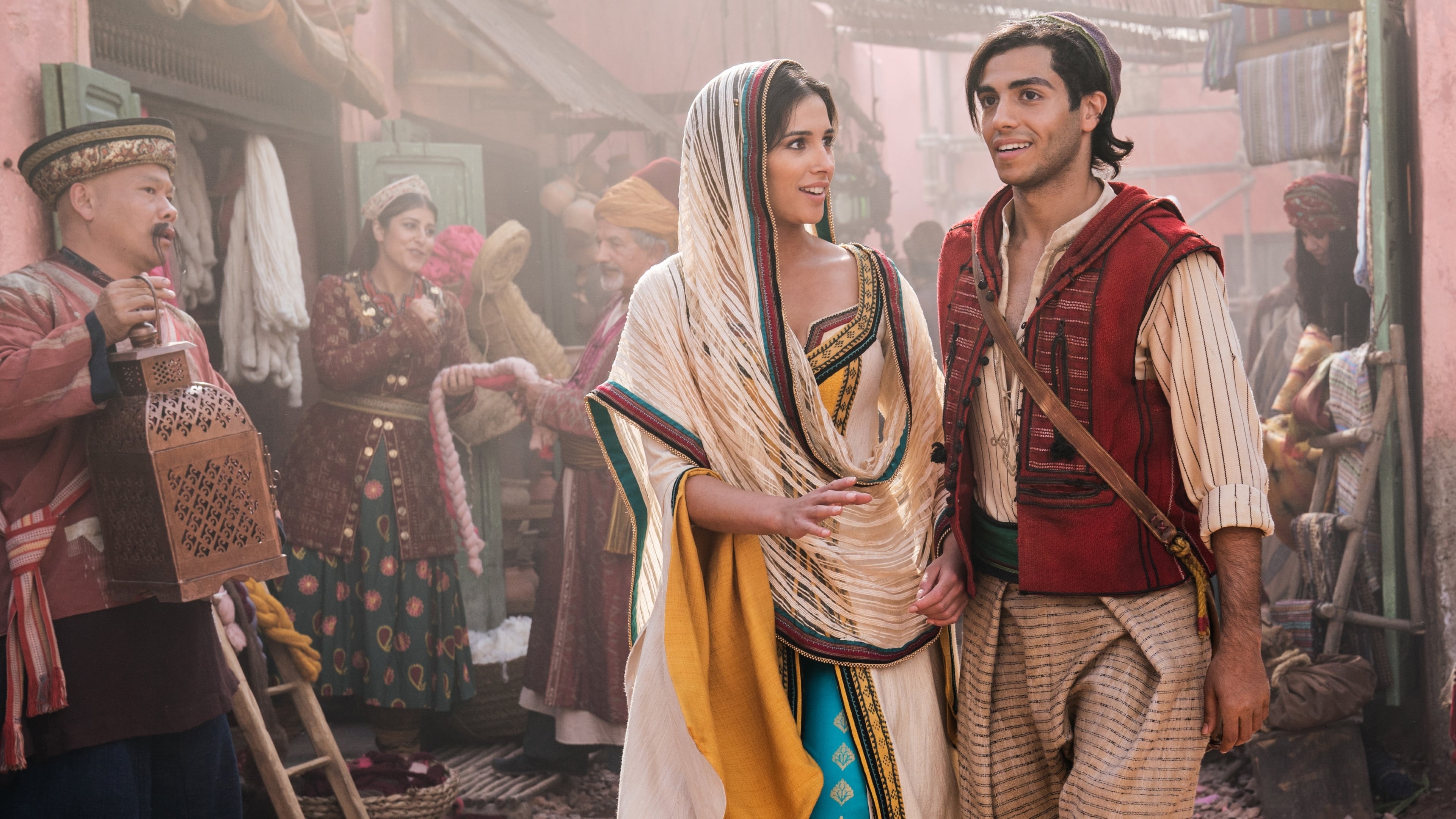
Another one of those live-action remakes of their animated features that Disney started doing.
It is alright. The visuals and production design are gorgeous, but aside from some extra scenes, it’s otherwise a beat-for-beat remake of the animated story, down to the songs.
That said, the animated Aladdin was one of my favorites as a kid, so I have a soft spot for it. And if nothing else, I can credit this movie for making me aware of Naomi Scott. That’s a merit in itself!
